Introduction to Chess-Like Strategy Games
The game of chess has captivated minds for centuries, and its influence can be seen in various cultures around the globe. Originating from the Indian game Chaturanga, chess has evolved and inspired a myriad of similar strategy games that embody unique cultural characteristics while sharing the core principles of strategic planning and execution. This article explores several fascinating chess-like games from different parts of the world, each contributing its own flavor and complexity to the family of strategy board games.
Shogi - Japanese Chess
Shogi, also known as Japanese chess, is a strategy board game that has been played for centuries in Japan. Similar to traditional chess, the goal in Shogi is to capture the opponent's king. However, Shogi incorporates a unique feature not found in its Western counterpart: dropped pieces. Players can capture the opponent’s pieces and later use them as their own, reintroducing them onto the board as part of their strategy. This aspect of Shogi adds a layer of complexity and variation to the game, as the dynamics can change swiftly depending on the pieces captured and dropped.
Key Differences from Chess
In addition to the drop rule, Shogi is played on a 9x9 board, larger than the 8x8 chessboard. It also features different pieces, such as the Gold General and Silver General, each with specific movement patterns. The promotion of pieces in Shogi is more generalized than chess, with most pieces gaining enhanced moves upon reaching the enemy’s side of the board.
Xiangqi - Chinese Chess
Xiangqi, or Chinese chess, is another popular variation of chess played extensively in China and other East Asian countries. This game is played on a 9x10 board divided by a river in the middle. The pieces move along the lines of the grid rather than in the squares and include the Cannon, which captures by jumping over another piece.
Unique Features
One of the most distinctive elements of Xiangqi is the inclusion of areas called the Fortress on each side of the board, where the general (king) and the advisors (guards) must stay. Xiangqi lacks a queen piece and uses two advisors that serve to protect the general. The objective is similar to chess: to checkmate the opponent’s general. However, the general cannot leave his fortress, and there is a rule preventing the two generals from facing each other directly without any intervening pieces.
Janggi - Korean Chess
Janggi, sometimes referred to as Korean chess, shares similarities with both Shogi and Xiangqi but has its own set of rules and strategic elements. The game is played on an 8x9 board and features a palace on each side where the king and certain other pieces reside.
Distinctive Rules
Janggi has unique movement and capture rules for its pieces, such as the Elephant and Horse, which move in patterns different from their counterparts in other chess variants. Another interesting aspect of Janggi is that the game can end in a draw if the generals (kings) face each other directly across the board with no other pieces between them.
Makruk - Thai Chess
Makruk, or Thai chess, is thought to be closer to the original Indian Chaturanga than modern chess. It is highly popular in Thailand and is known for its strategic depth, often being considered more complex than Western chess.
Gameplay and Strategy
Played on an 8x8 board, Makruk uses pieces such as the Khun (king) and Met (queen), which moves only one step diagonally. The strategy in Makruk is deeply tactical, with an emphasis on positional play rather than quick assaults. Promotion rules are restrictive, further complicating the game and adding to its strategic richness.
Conclusion
These chess-like games from around the world illustrate how a basic concept of strategy and battle can diverge into unique and culturally rich variations. Each game, from Shogi to Makruk, not only provides intellectual stimulation and enjoyment but also offers a window into the cultural and historical perspectives of its people. Exploring these games can enrich one’s understanding of global cultures and the universal appeal of board games in human society.
Explore our large collection of luxurious chess sets!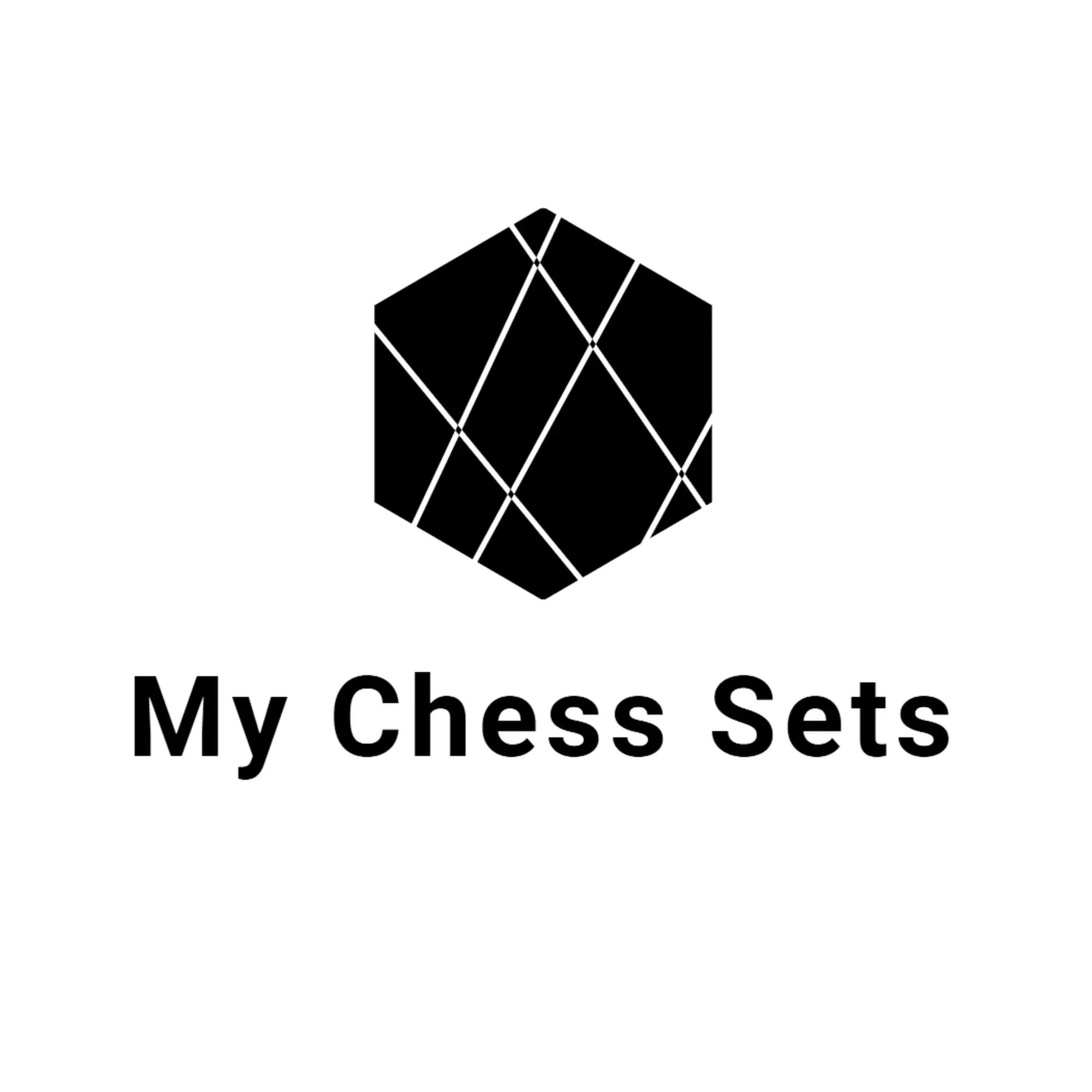
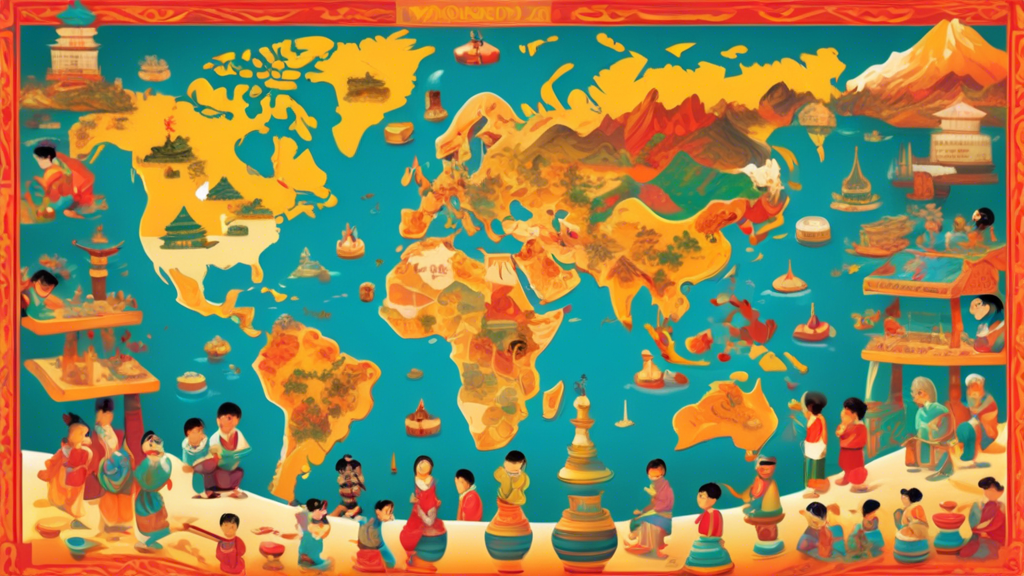
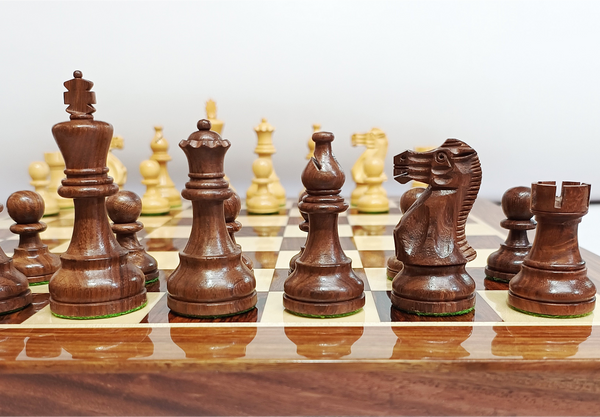
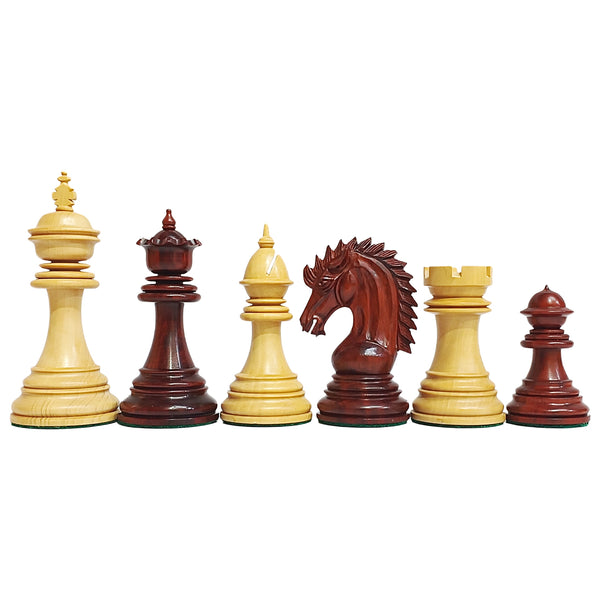
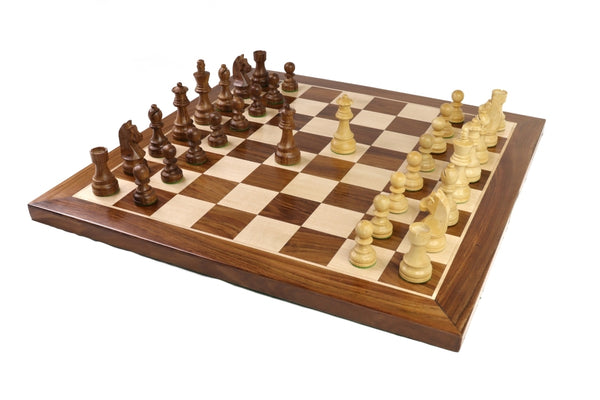
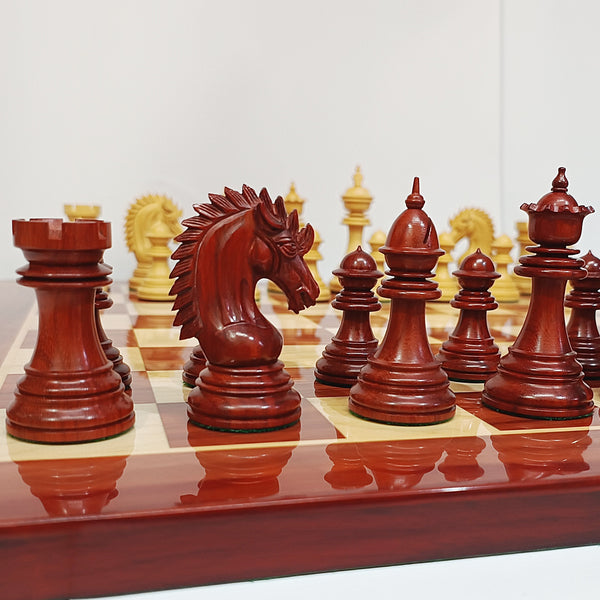
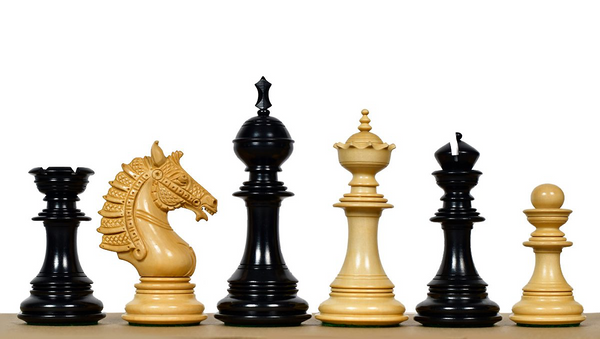
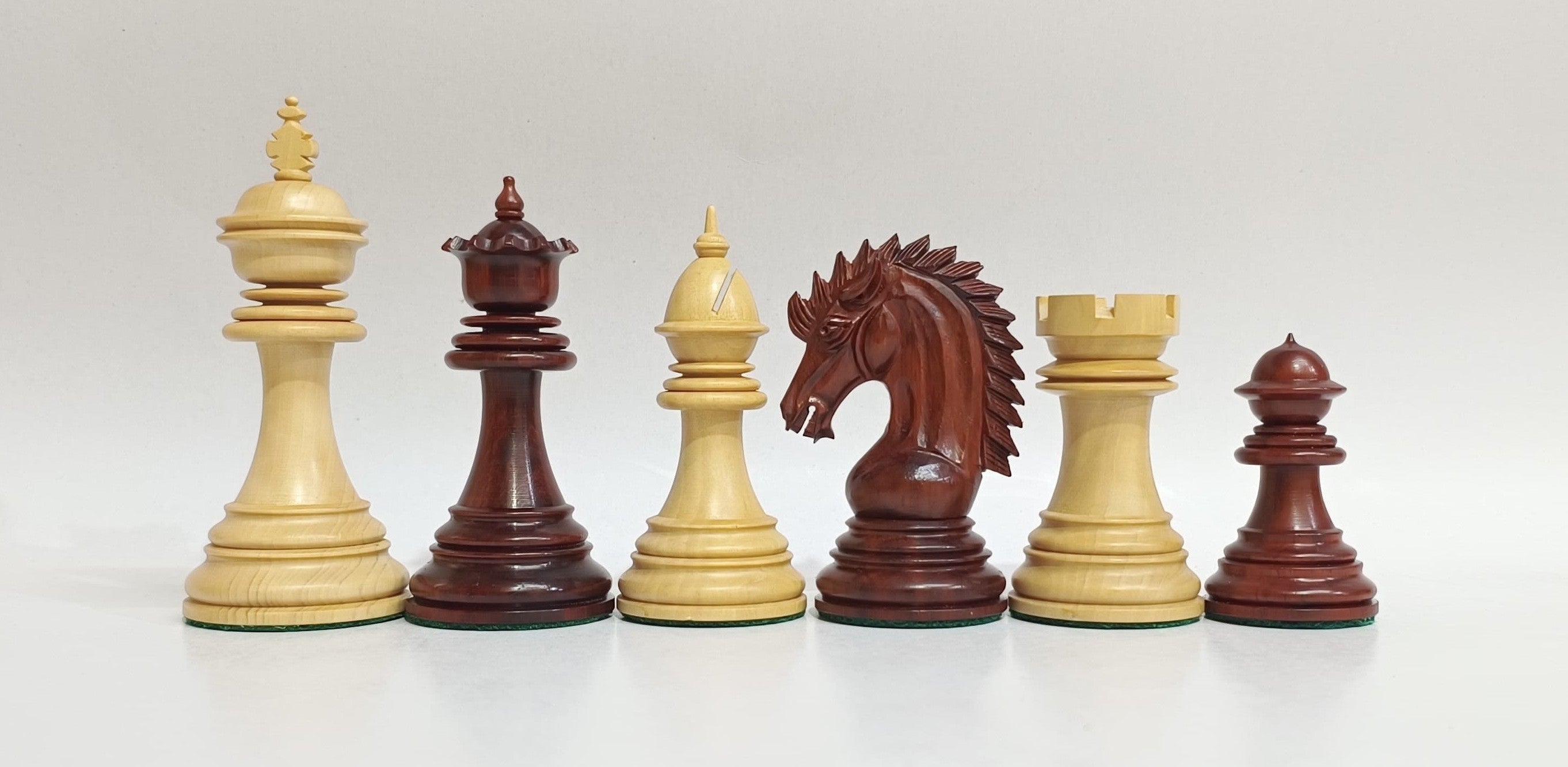
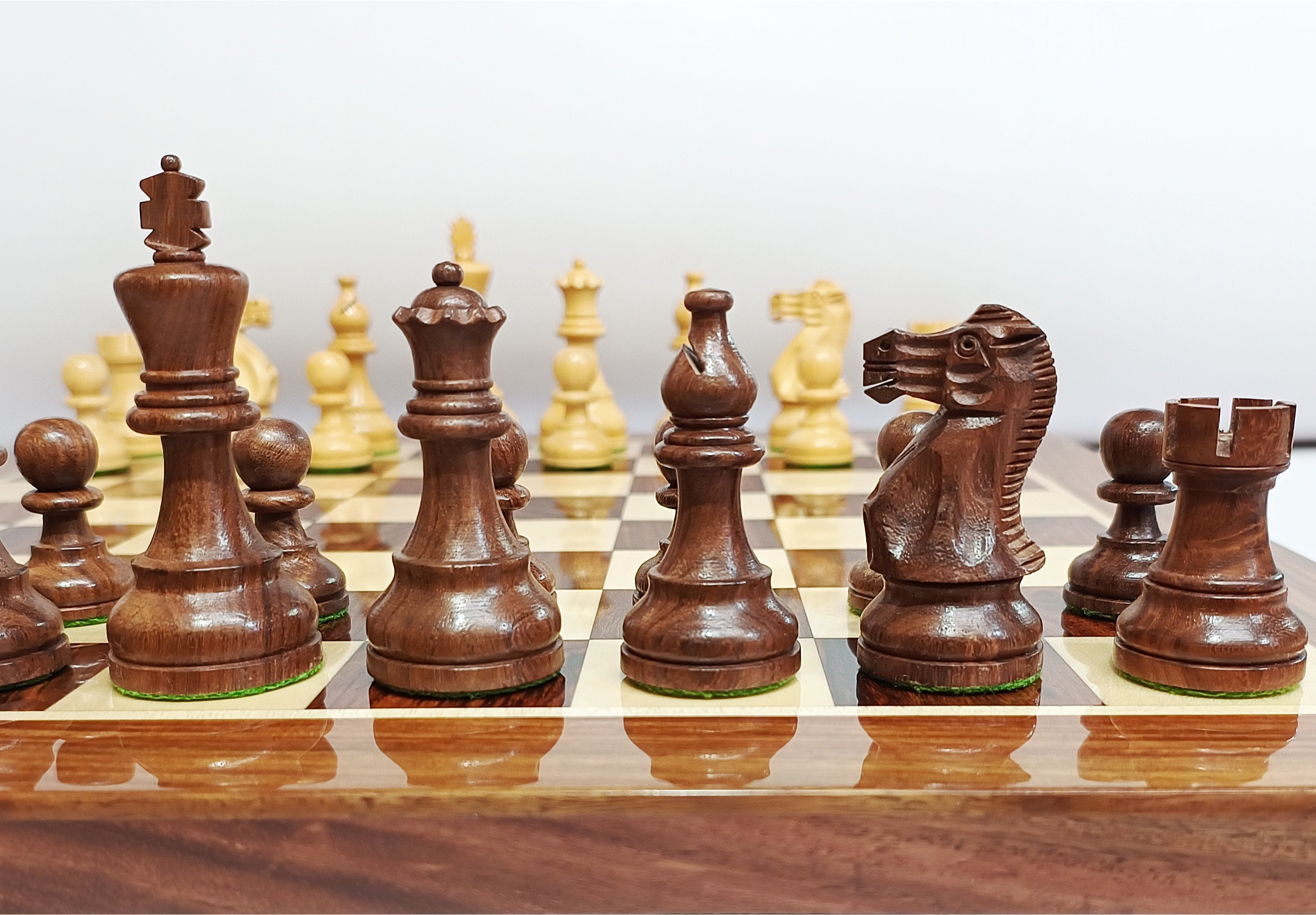
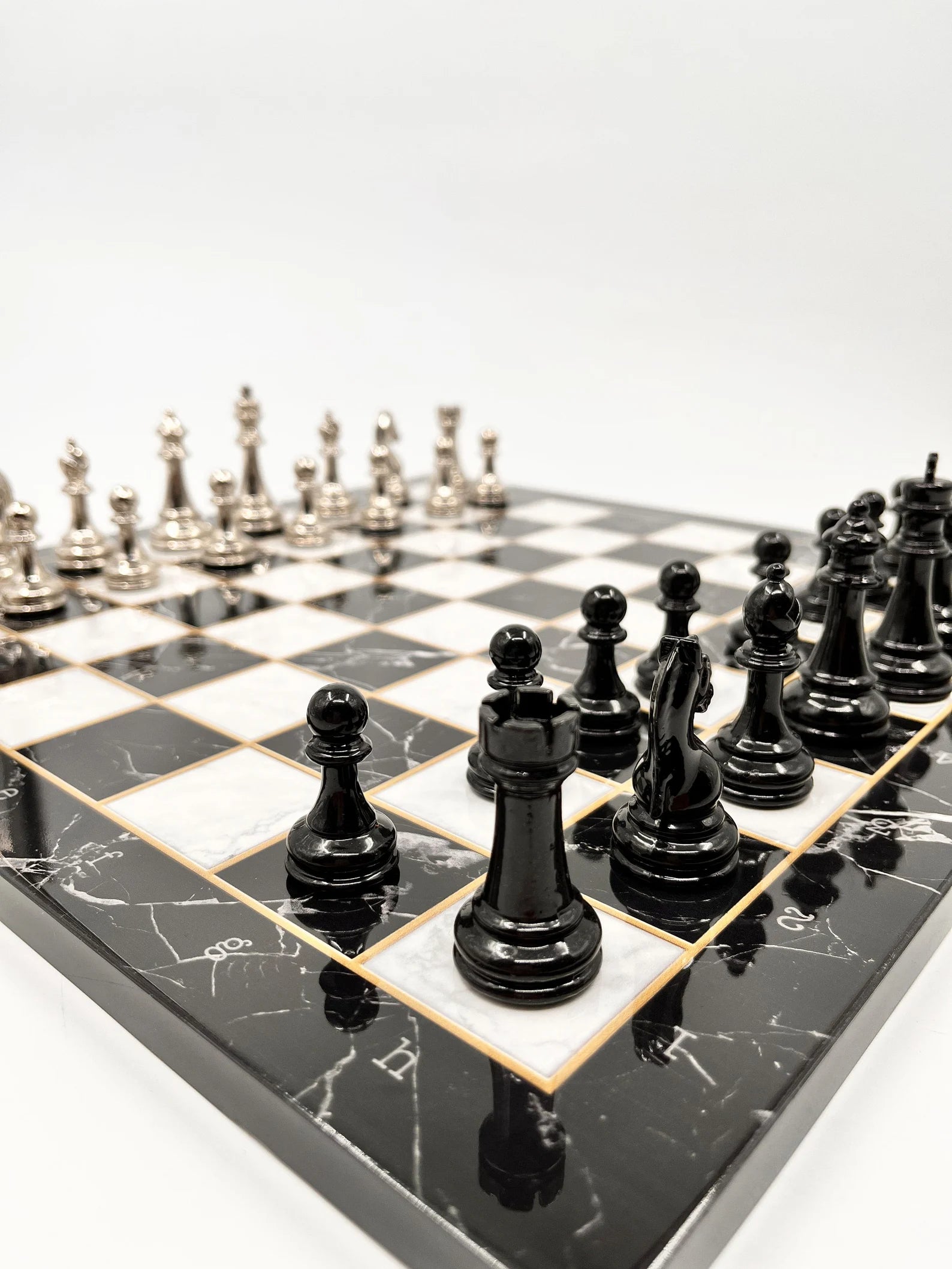
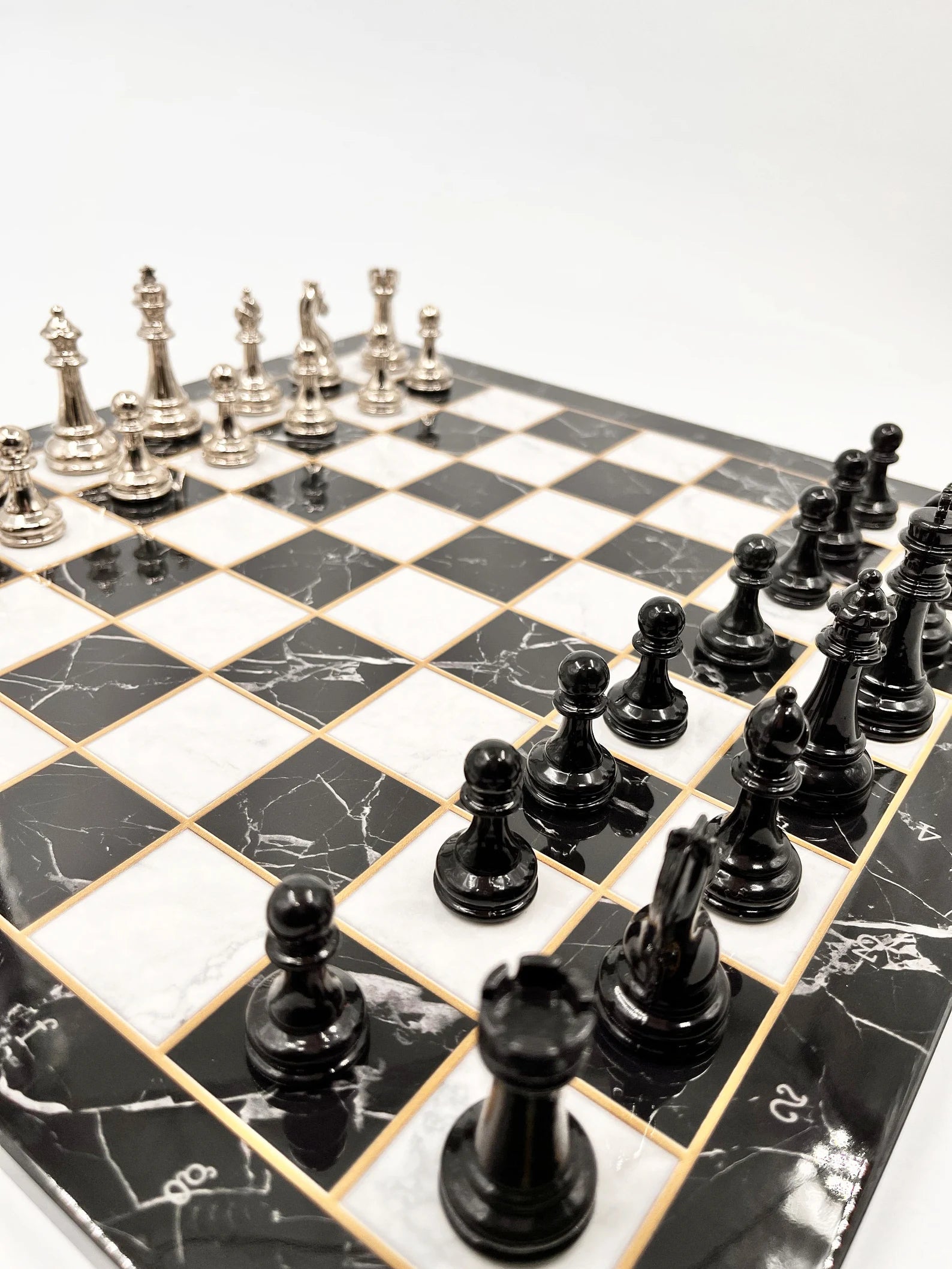
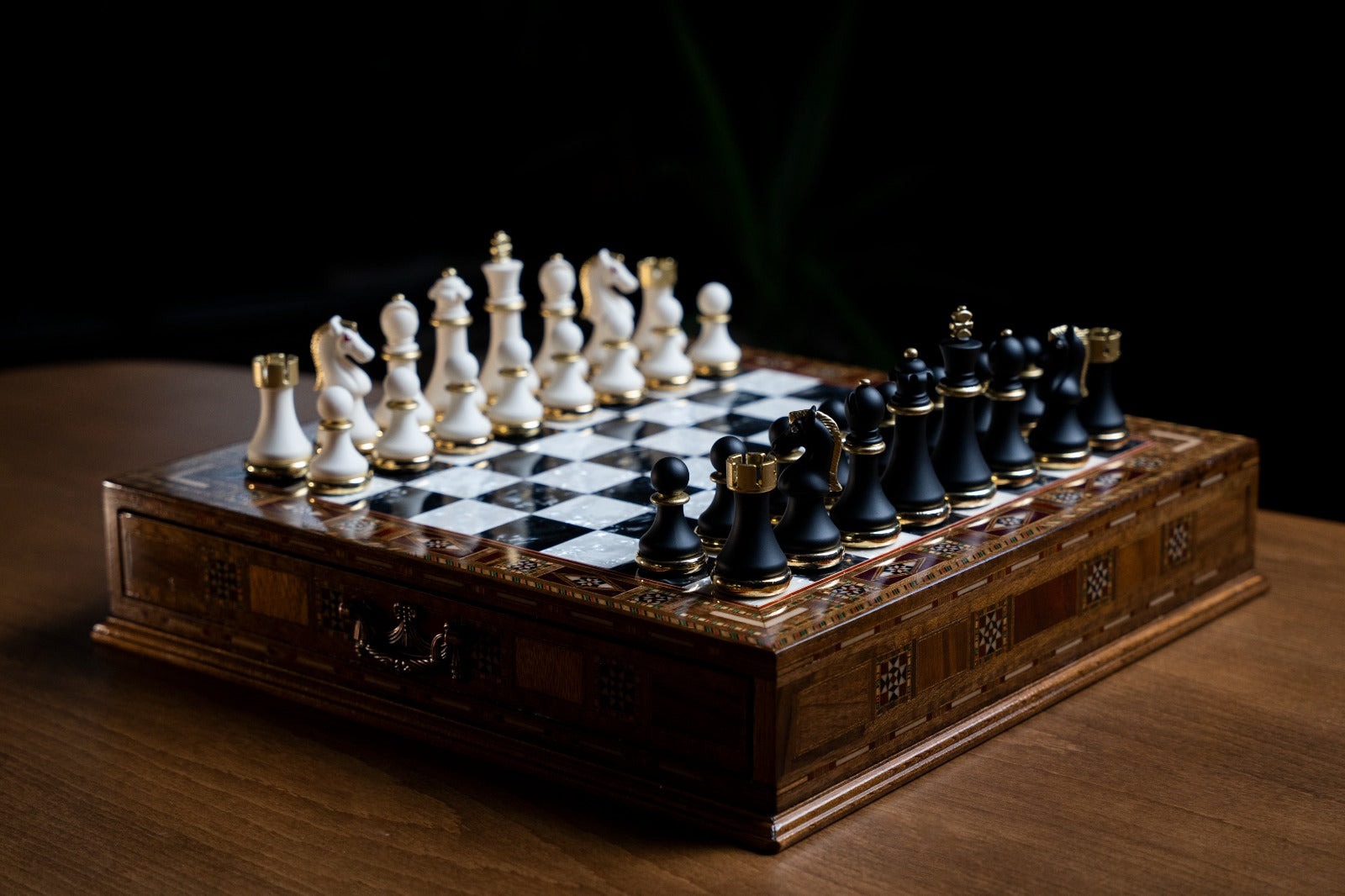
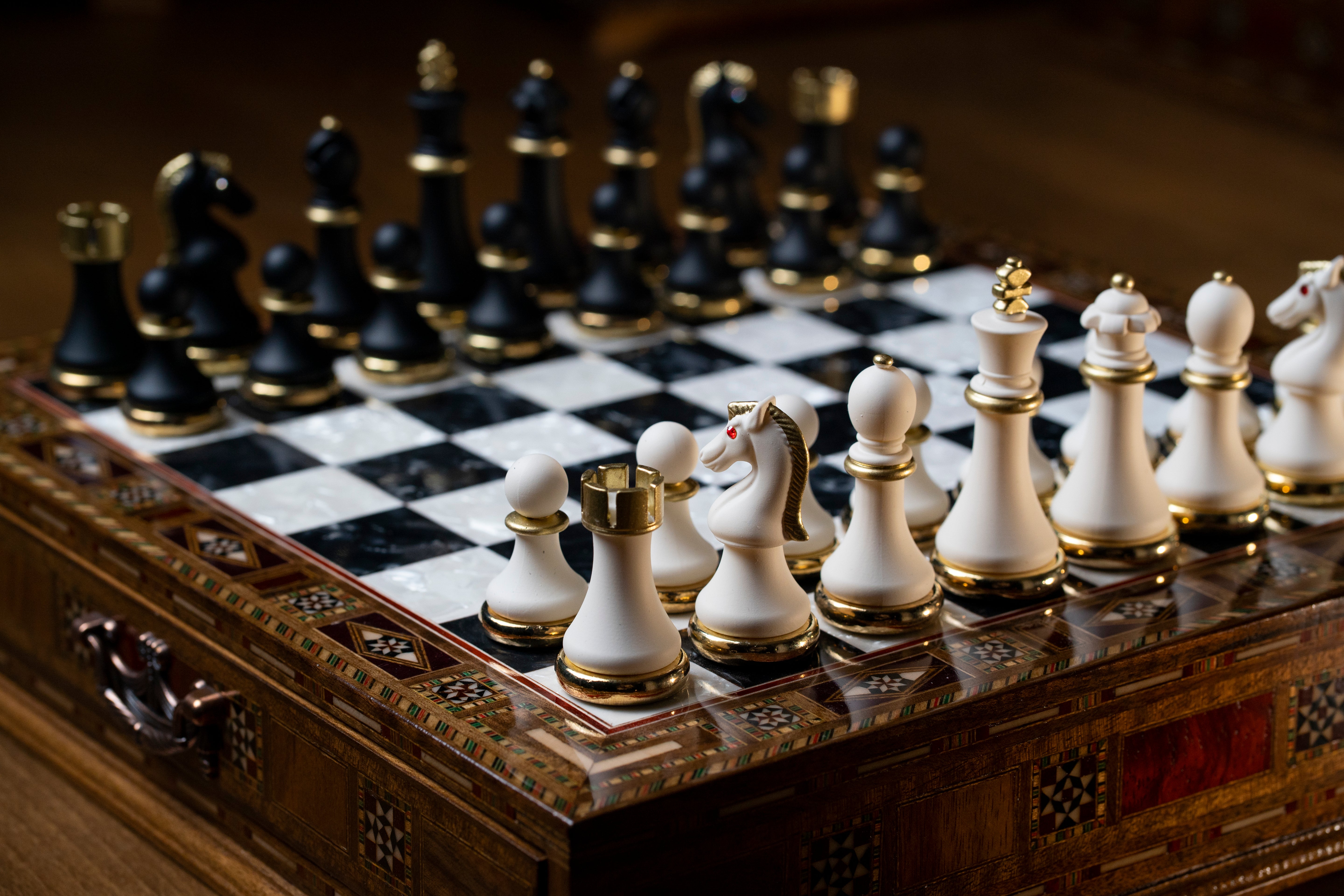
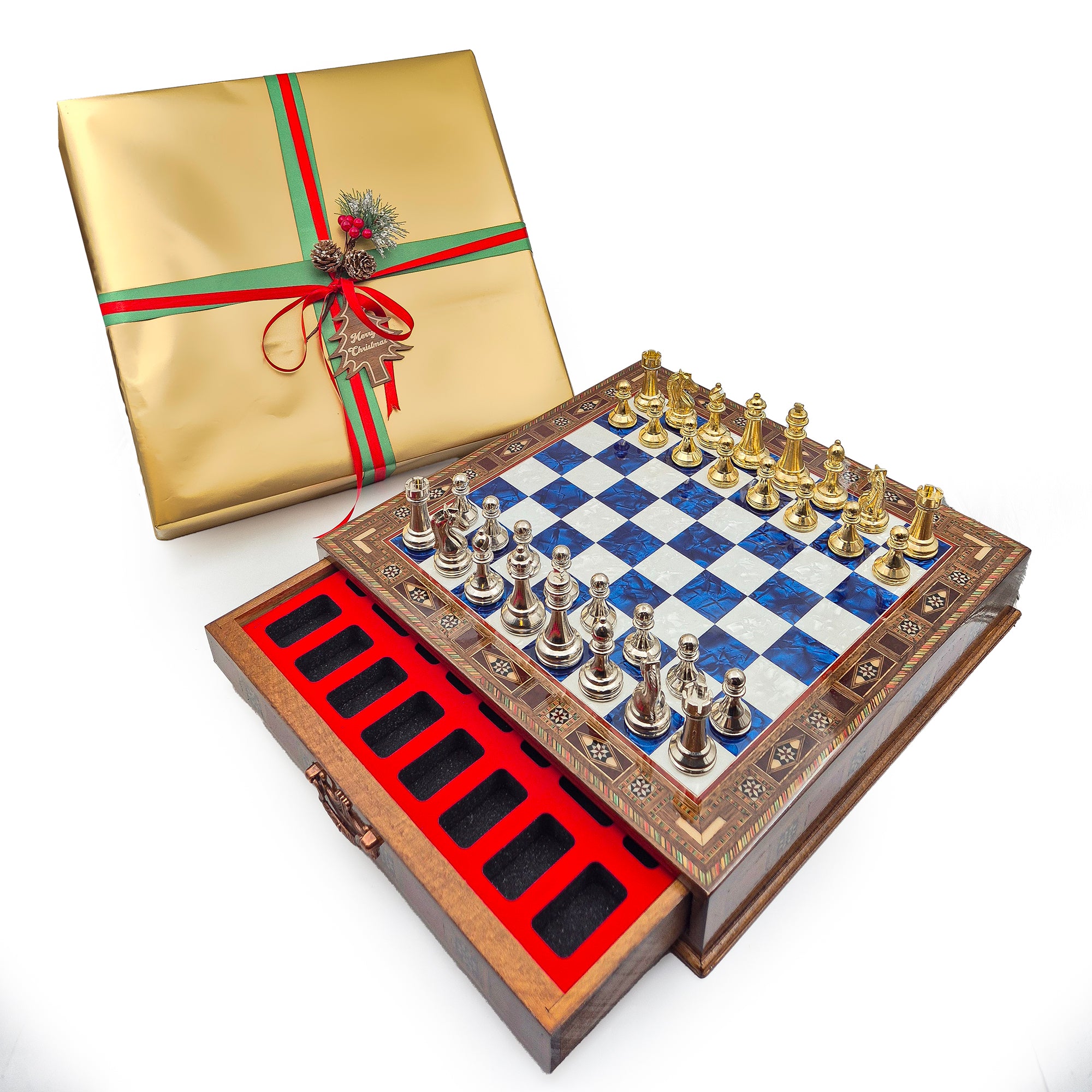
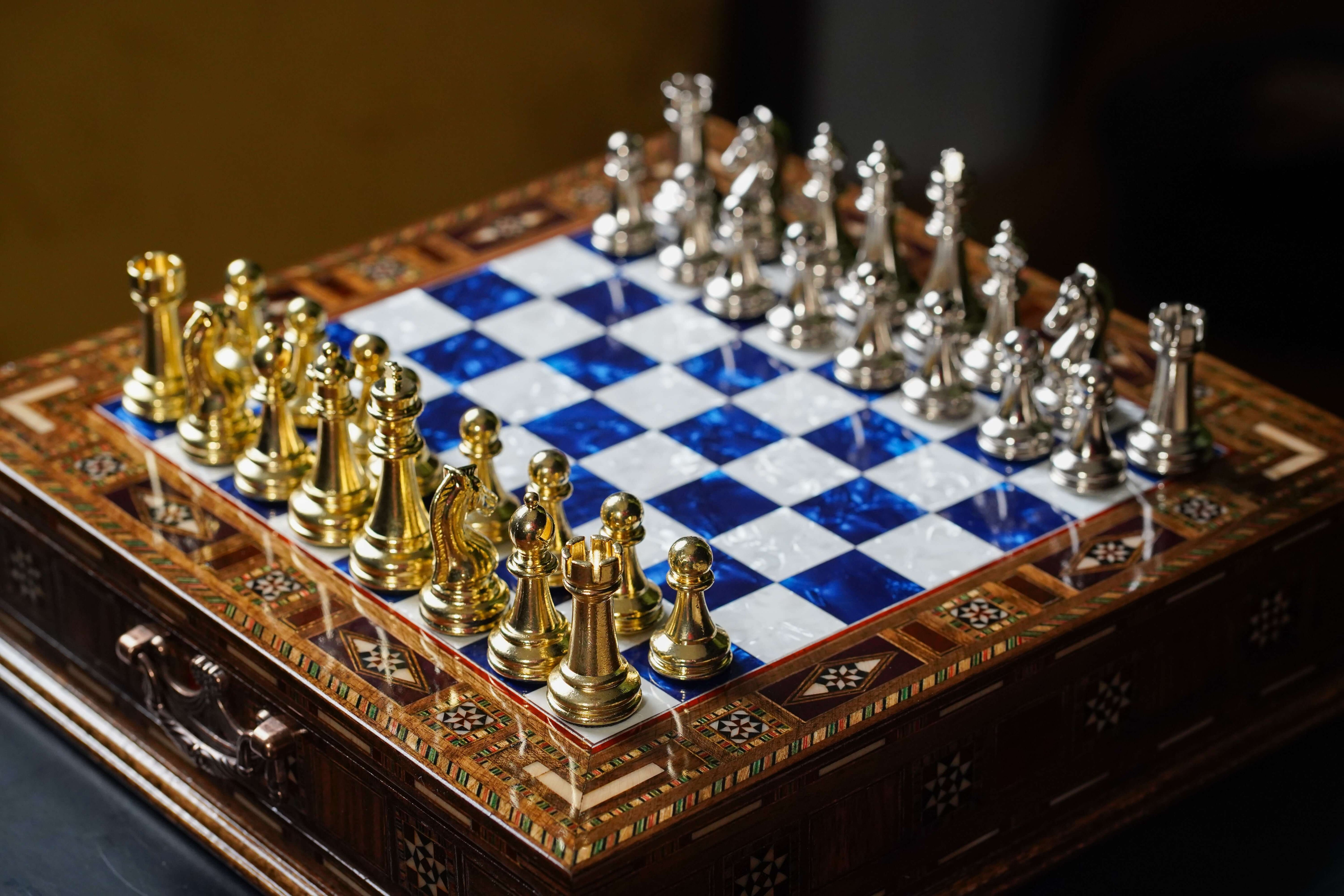
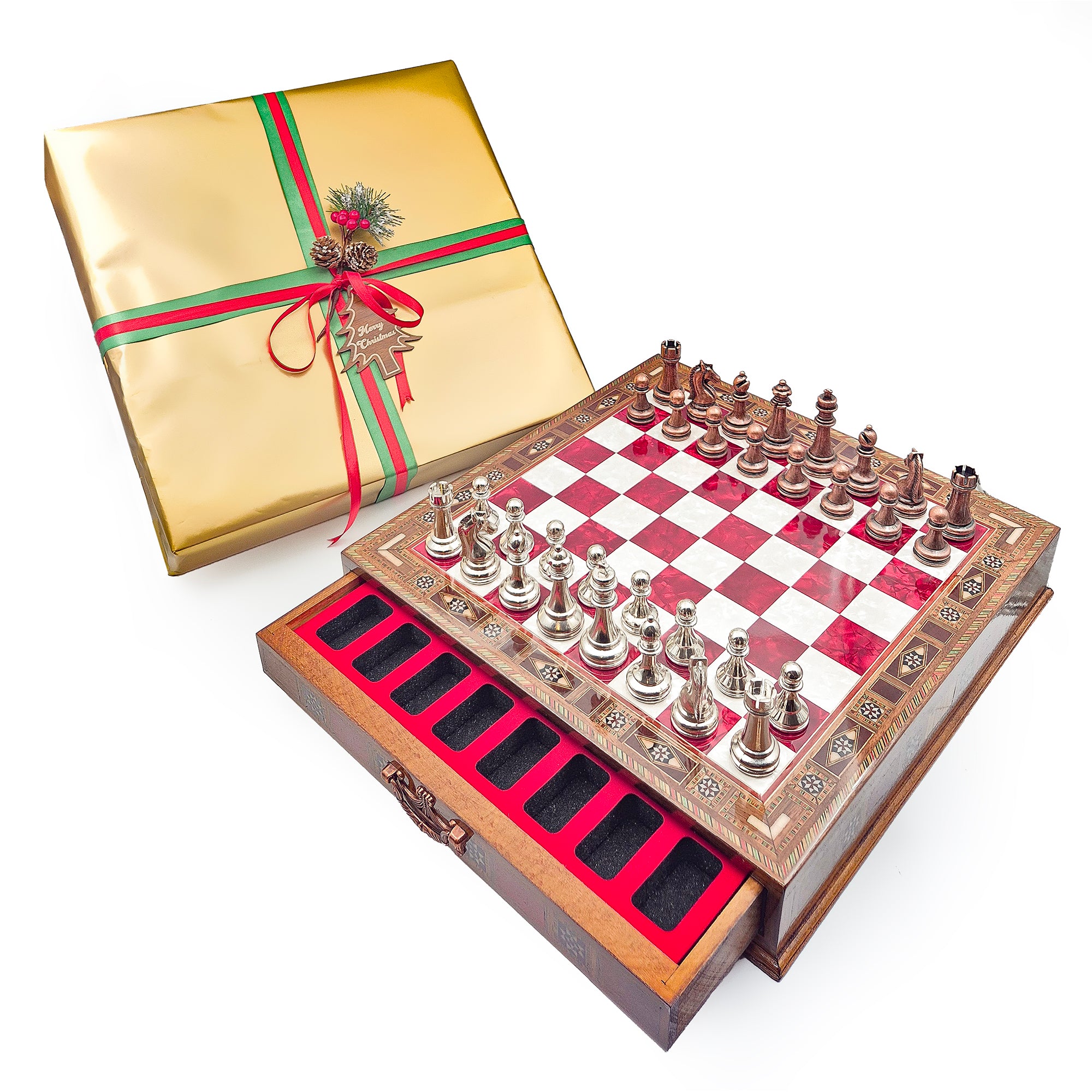
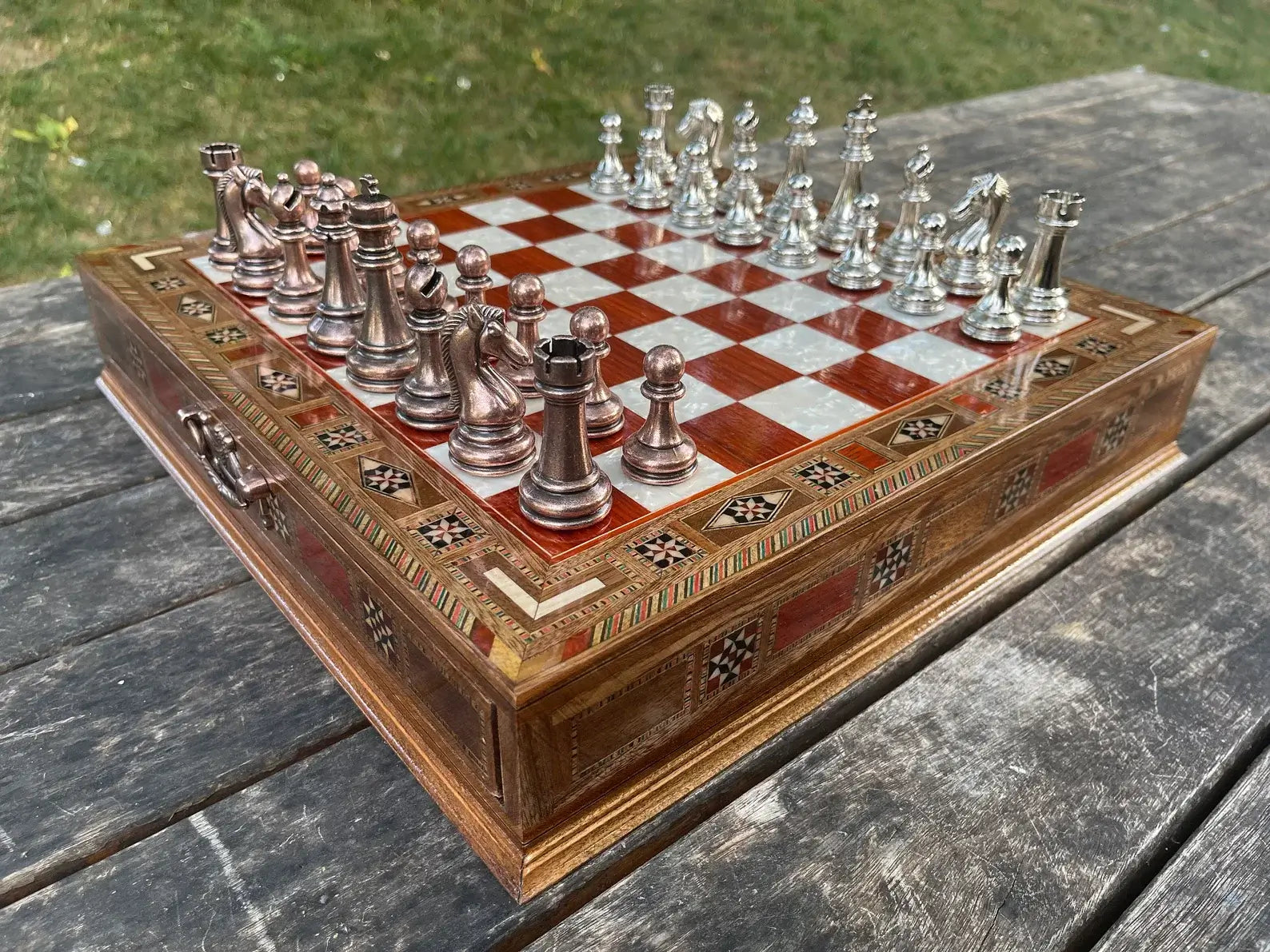
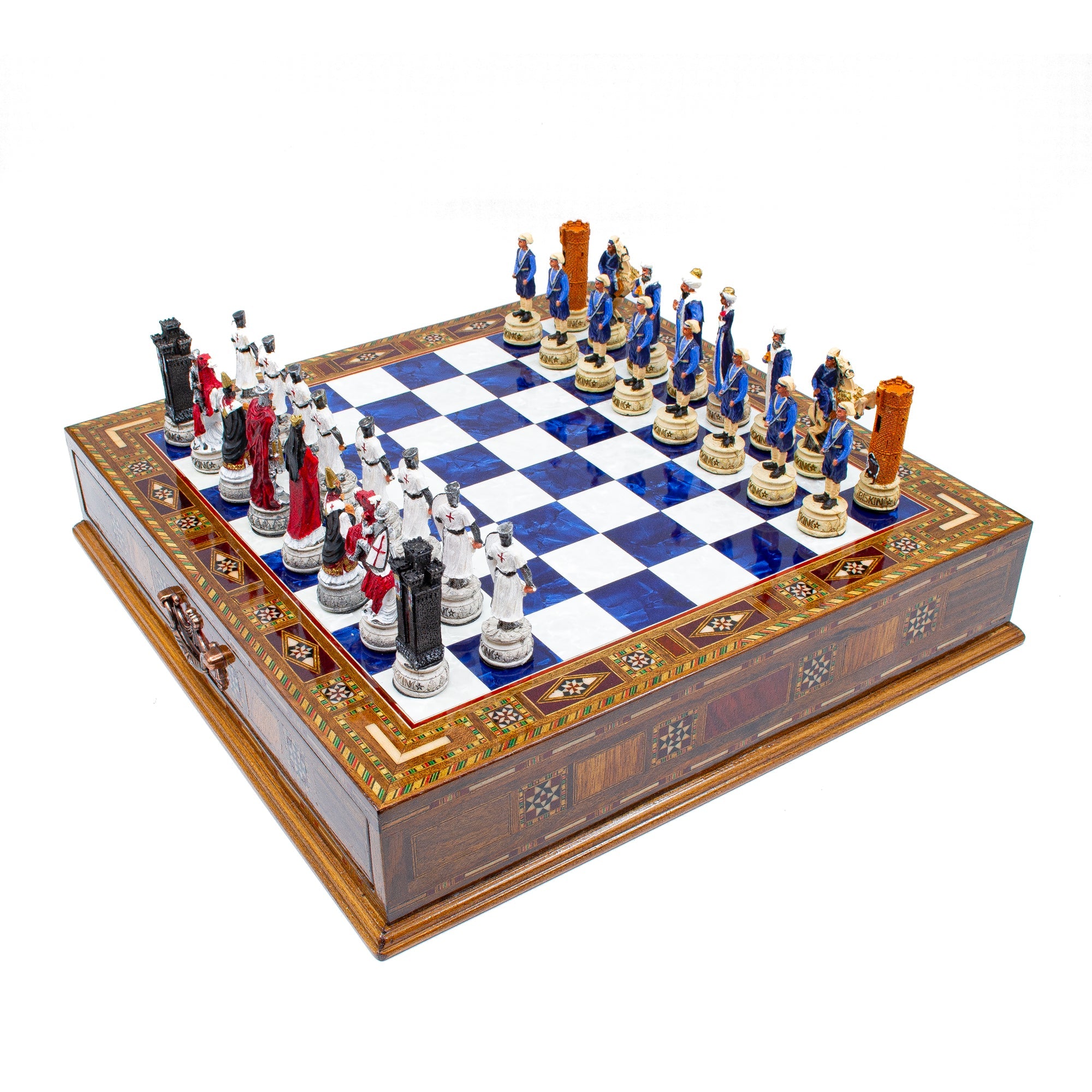
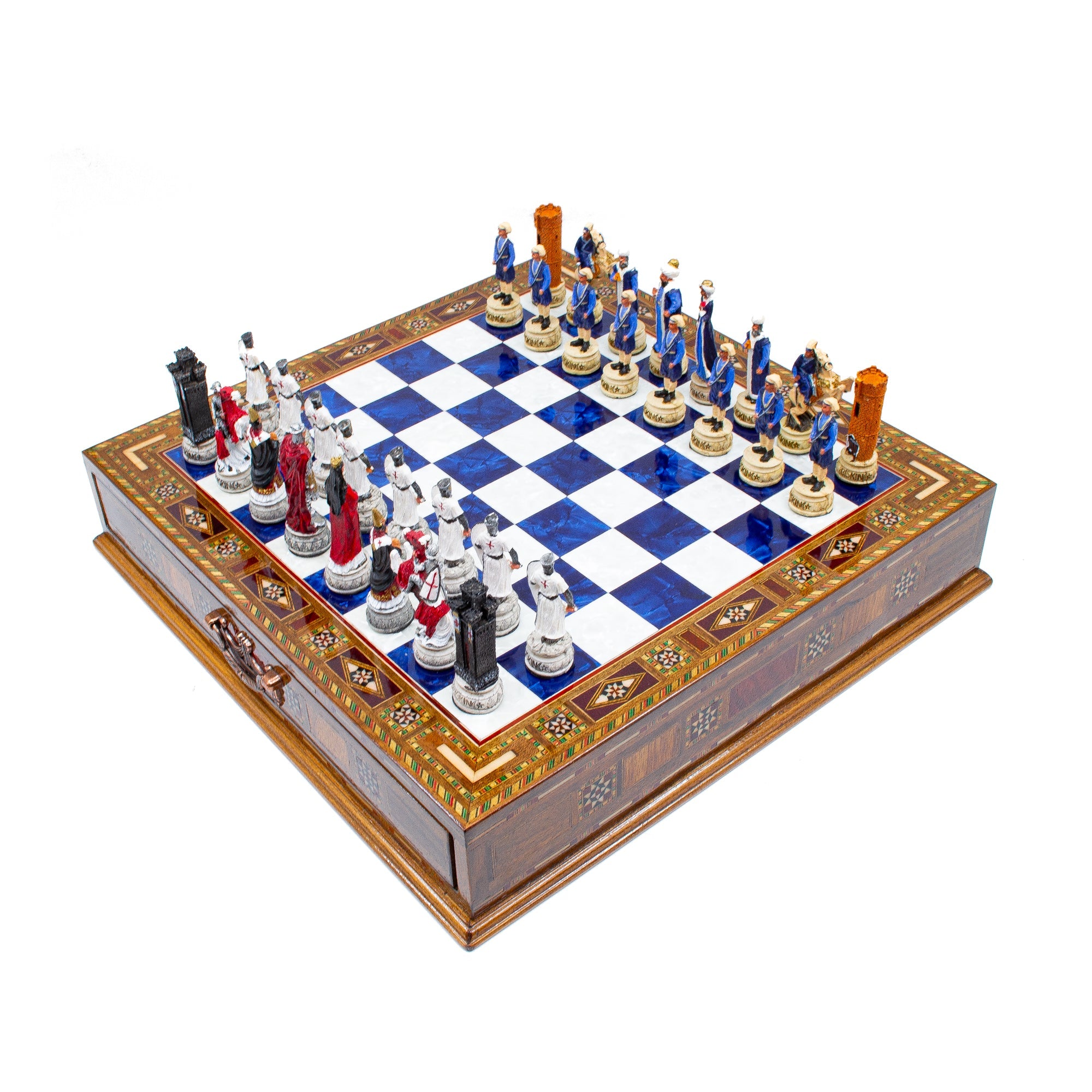
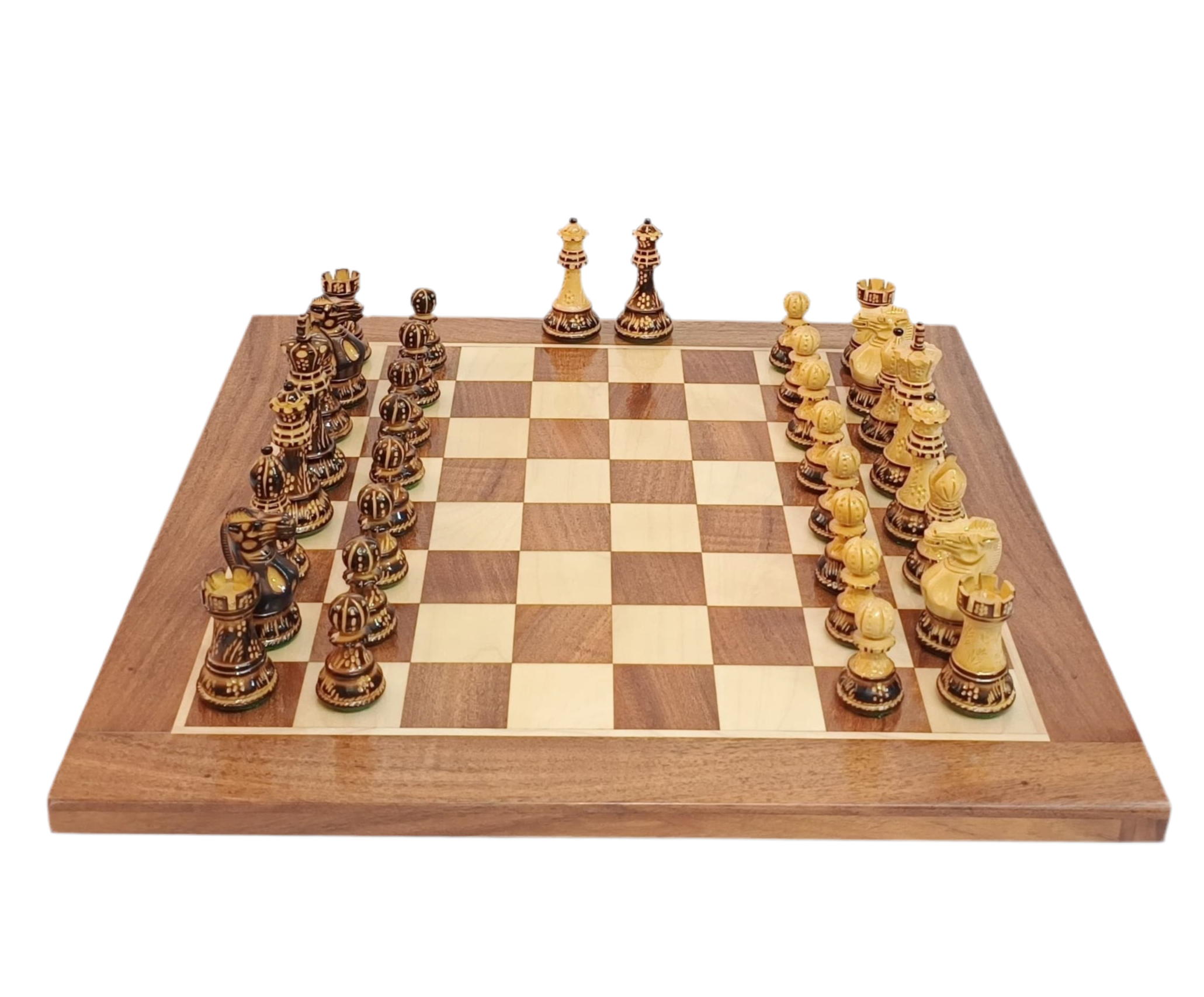
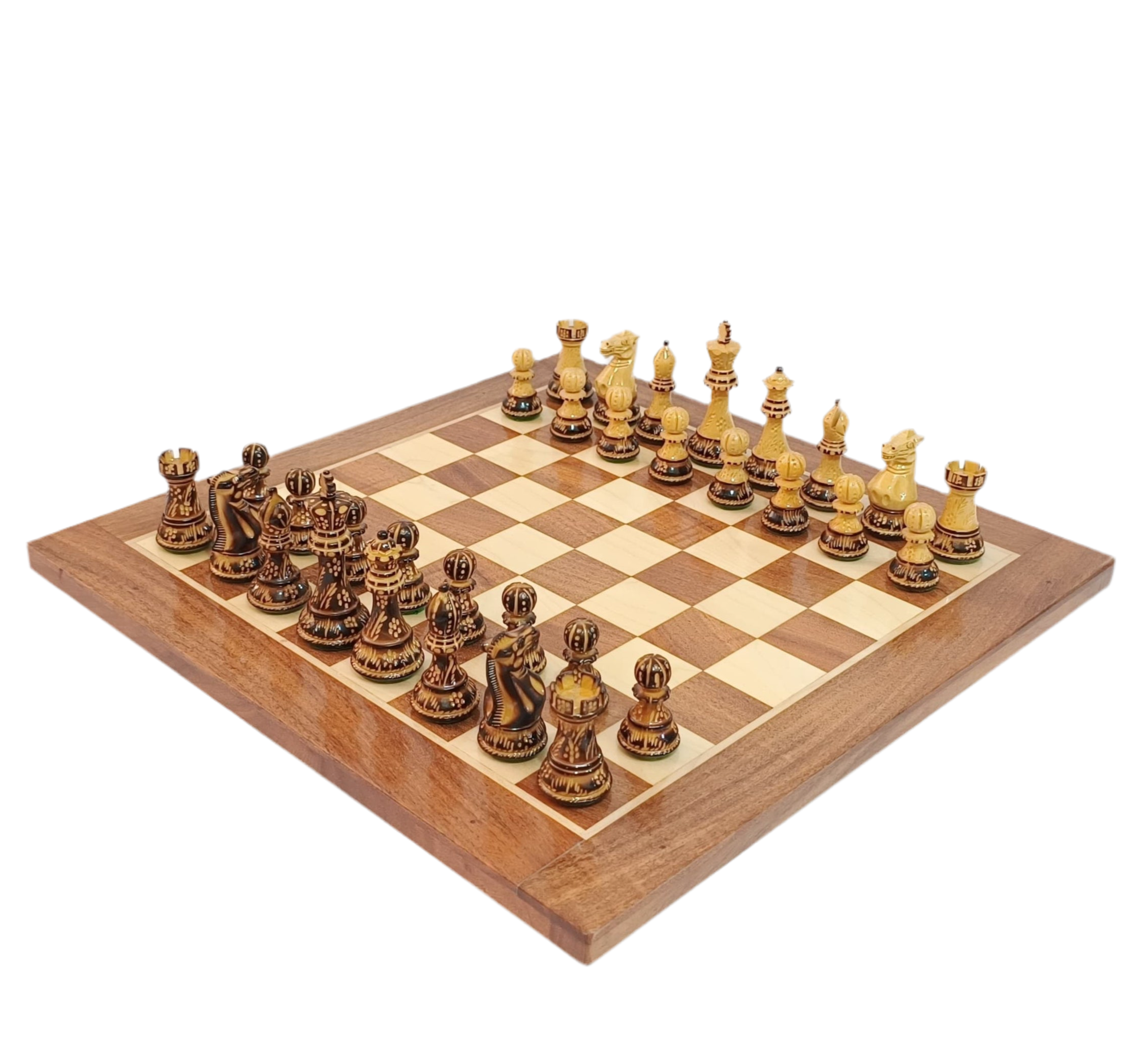
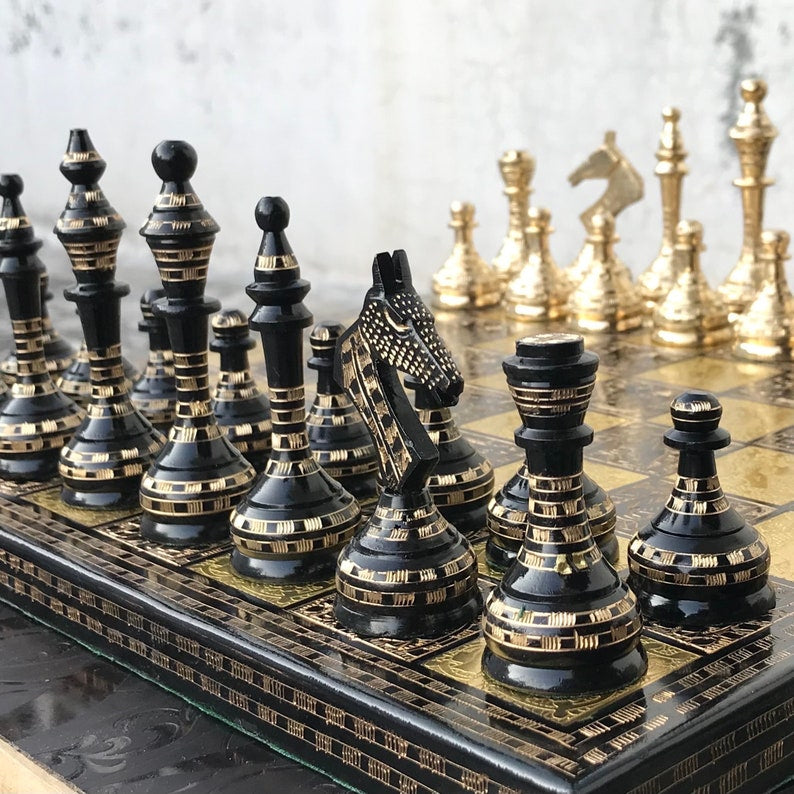
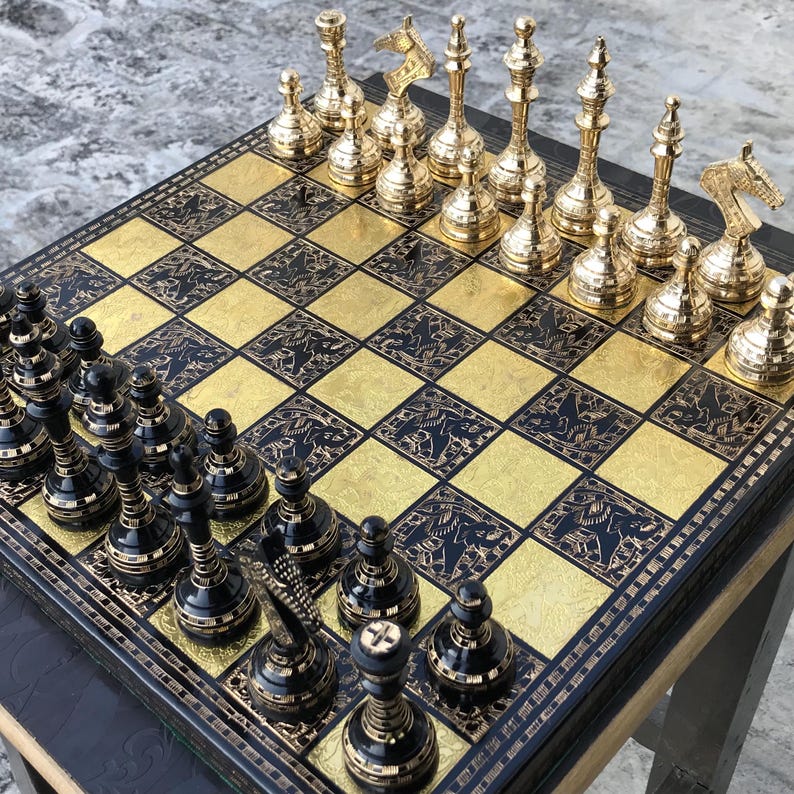
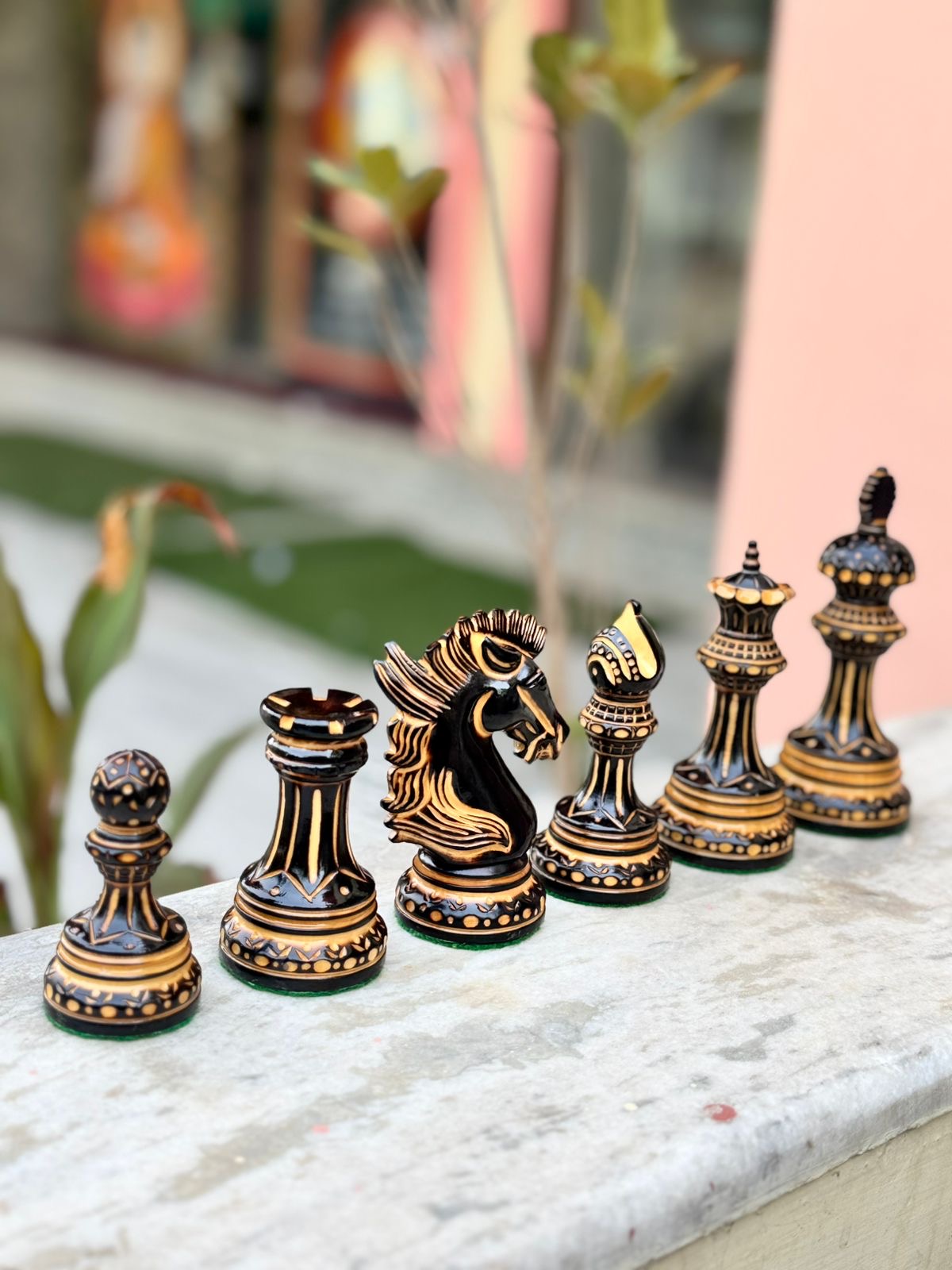
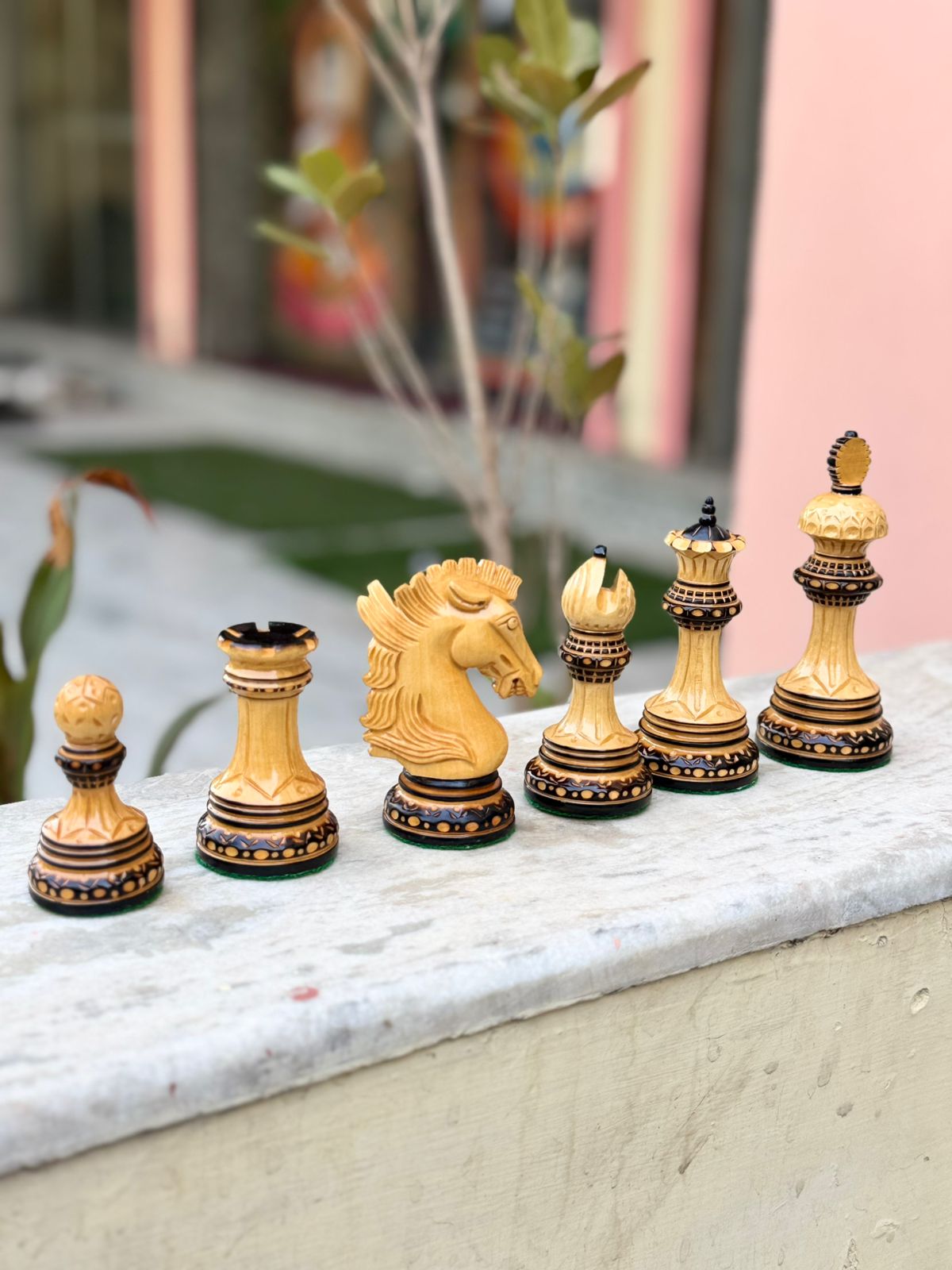
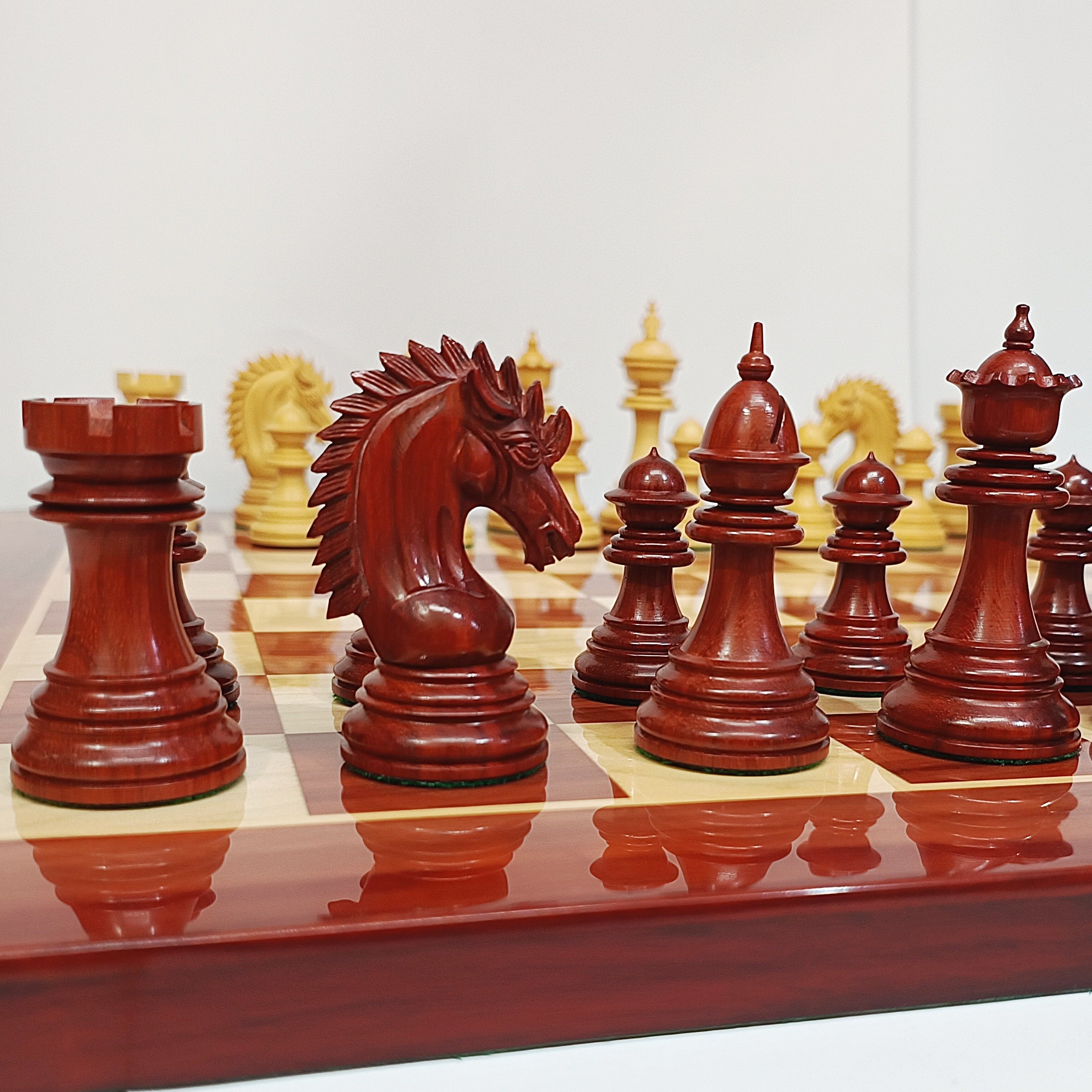
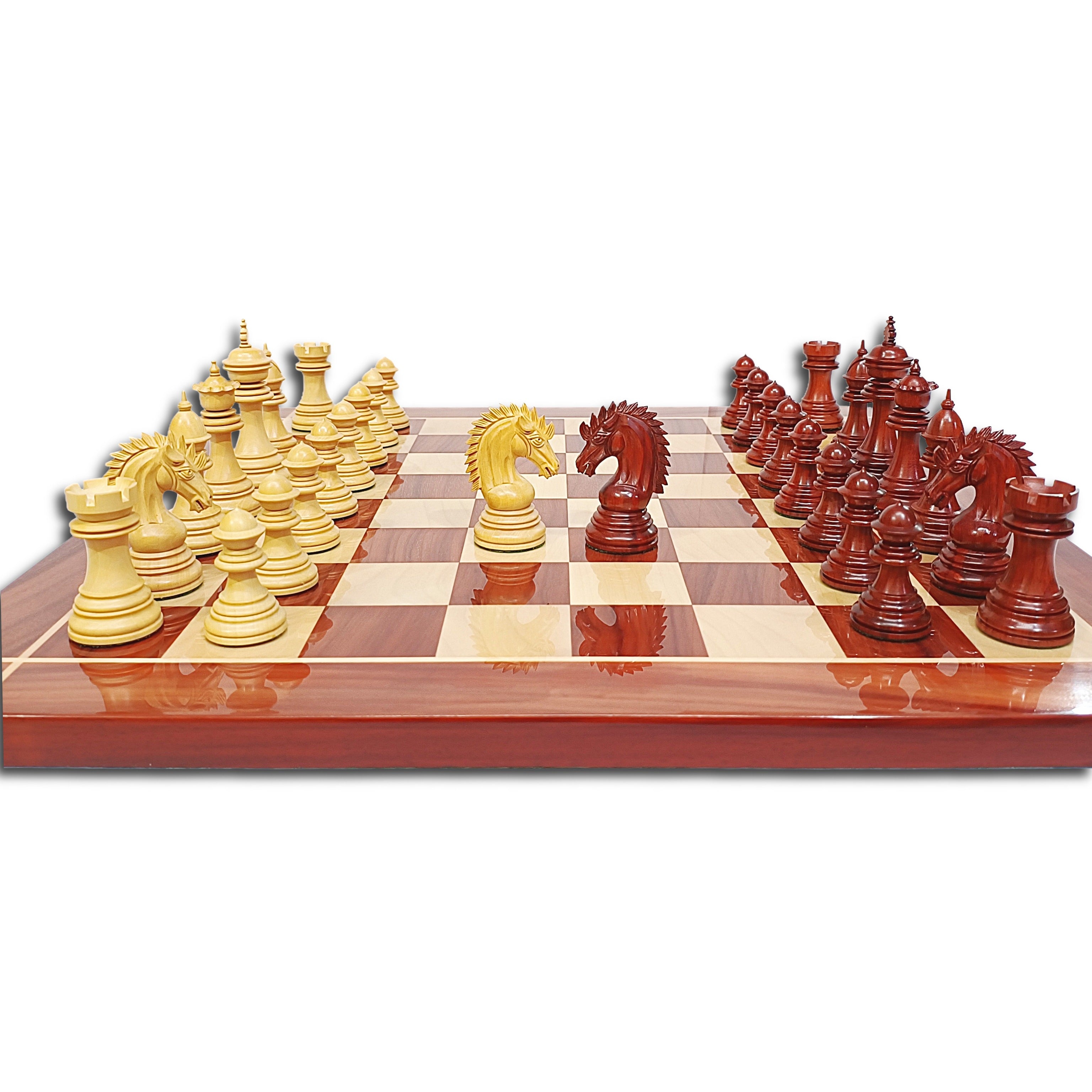
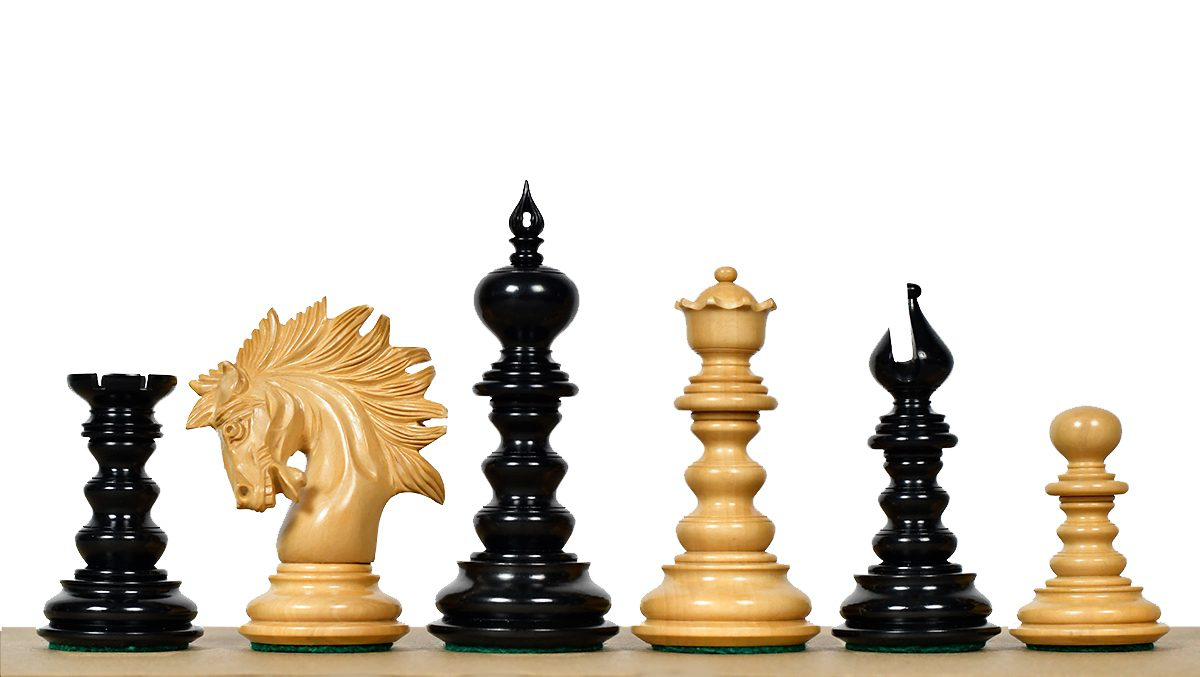
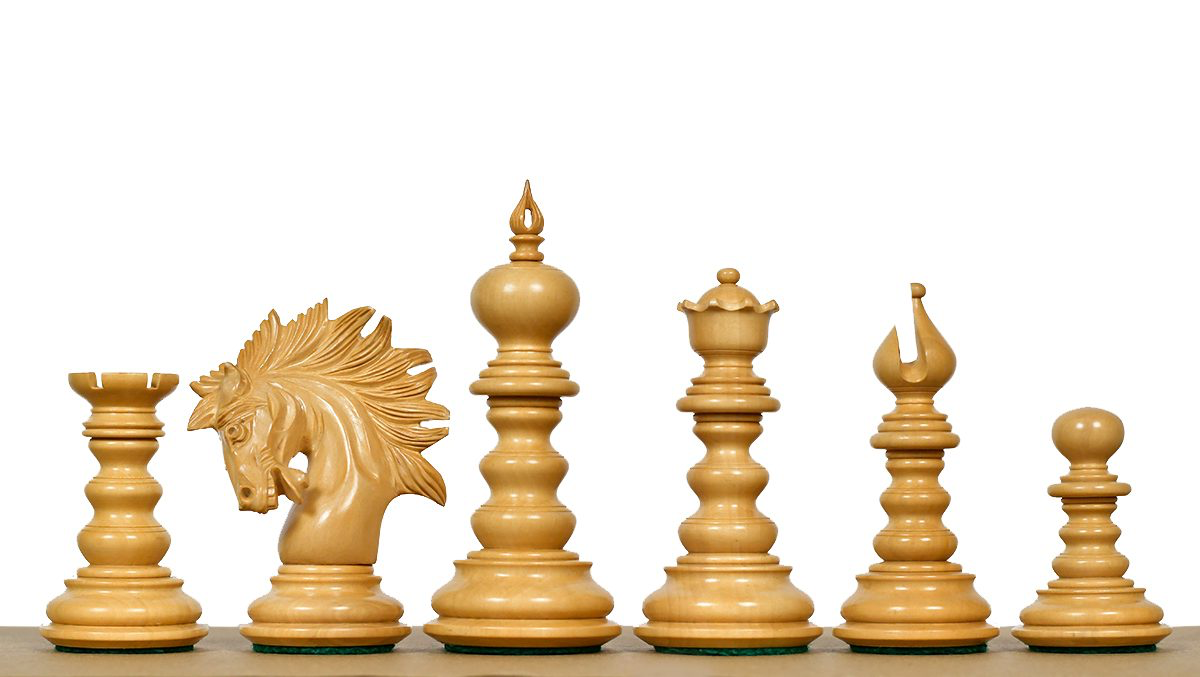
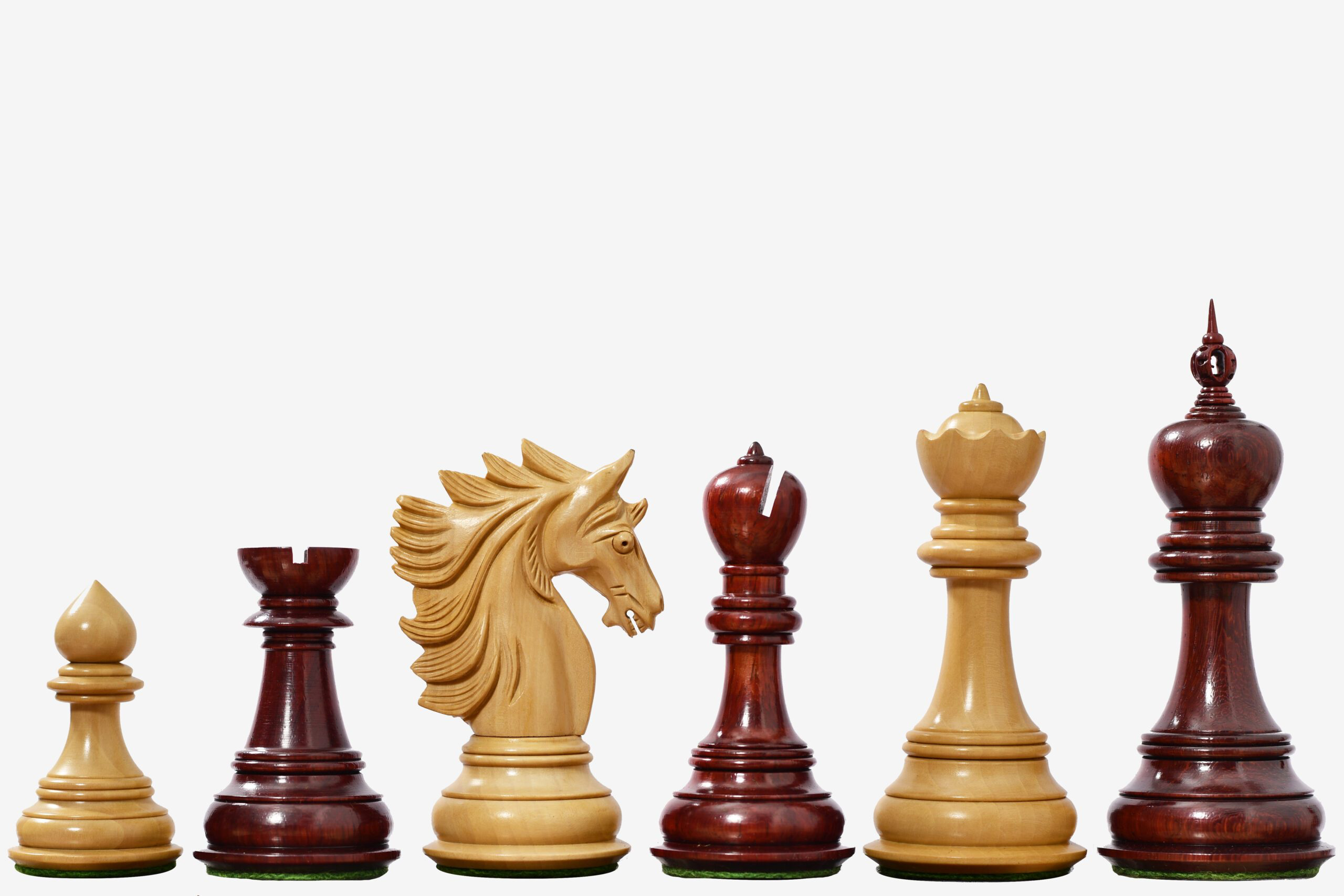
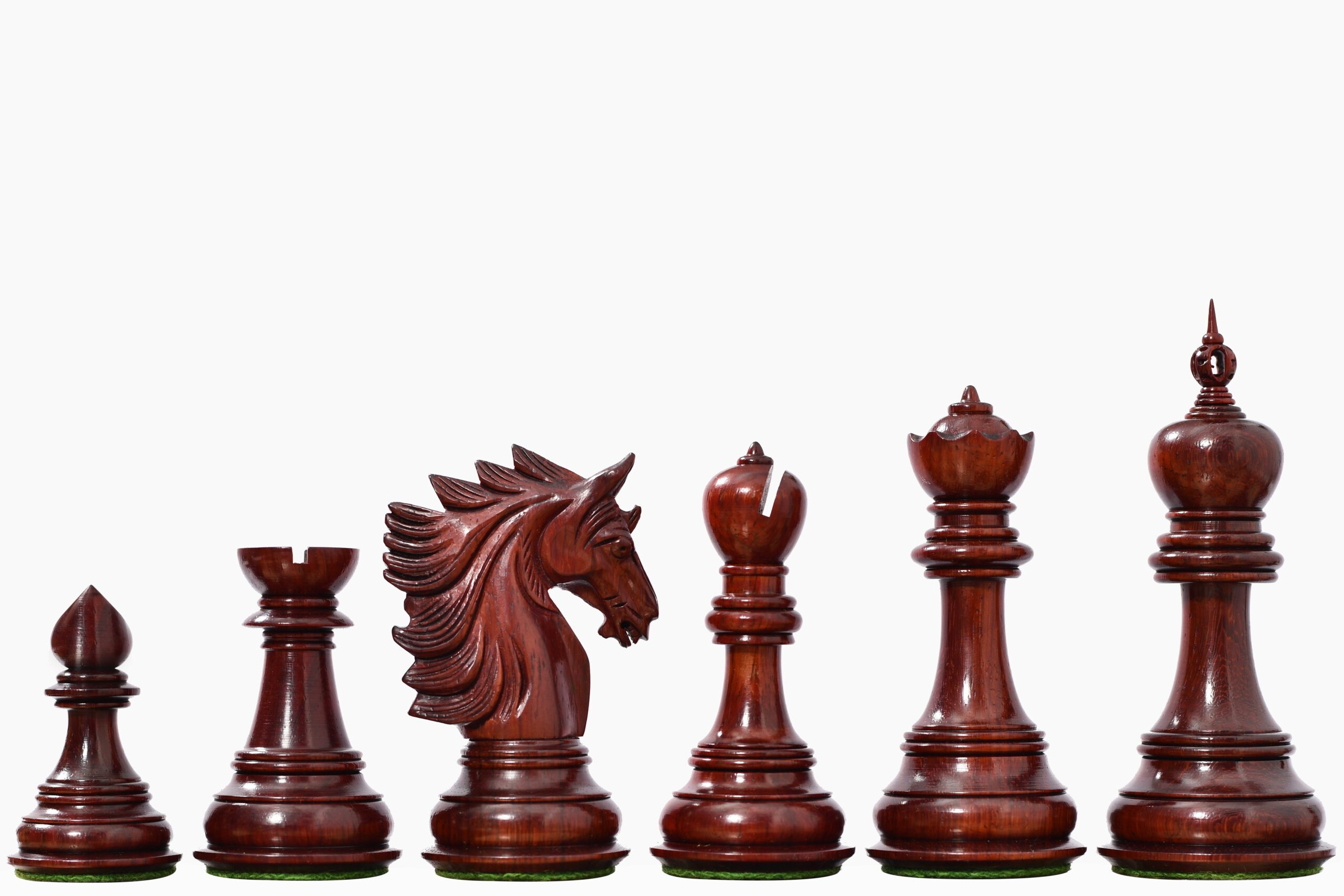
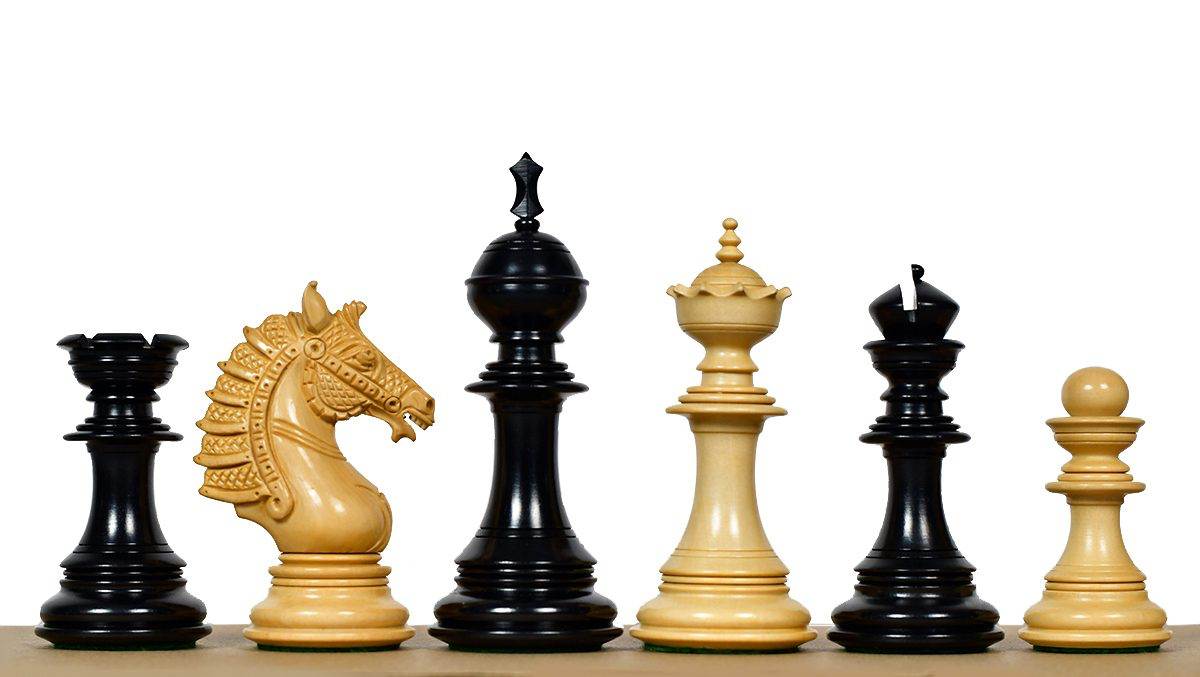
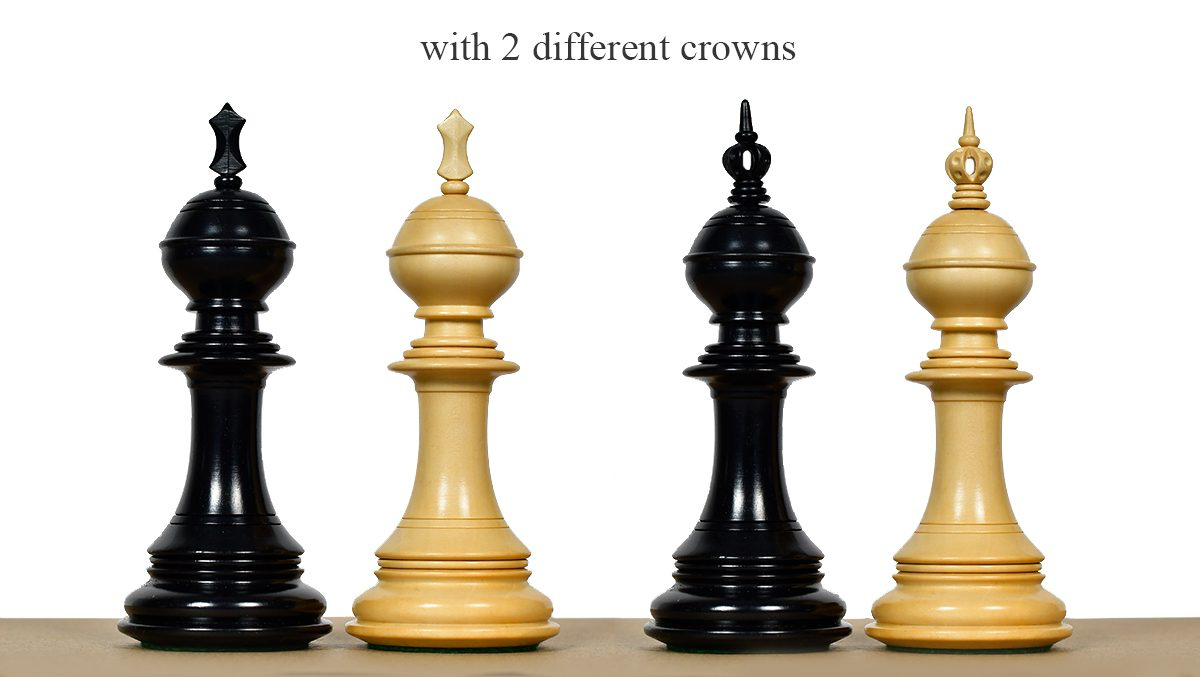
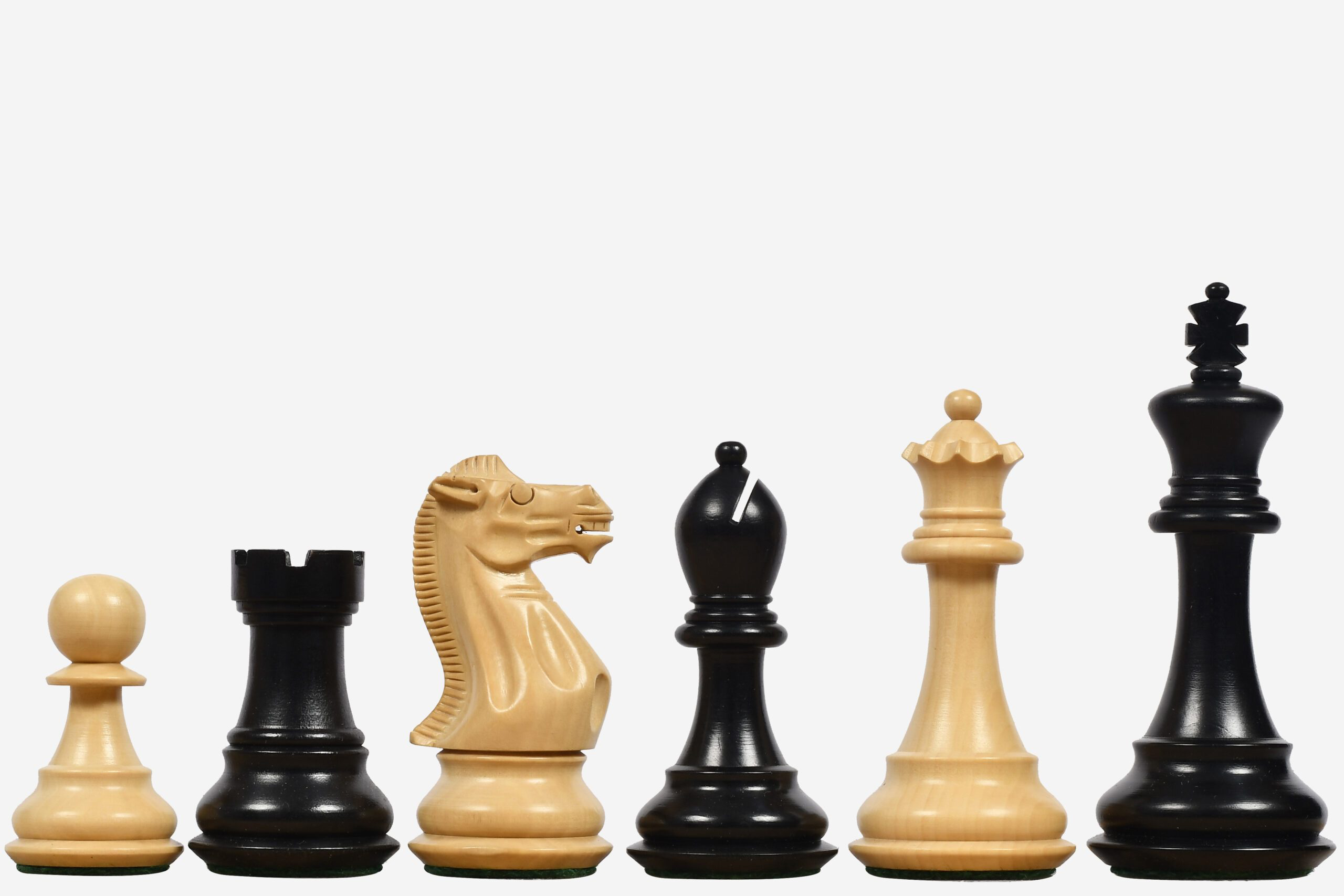
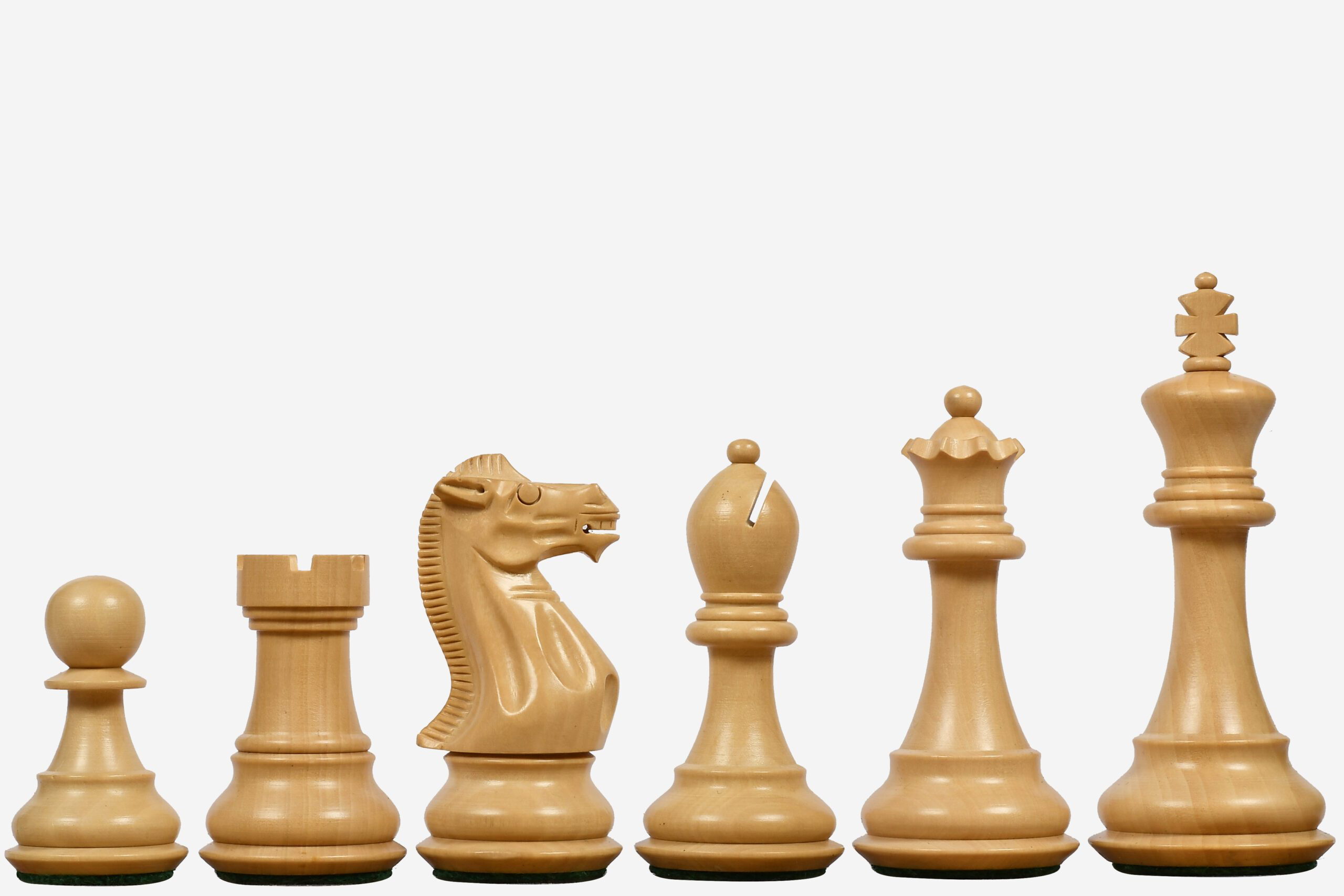
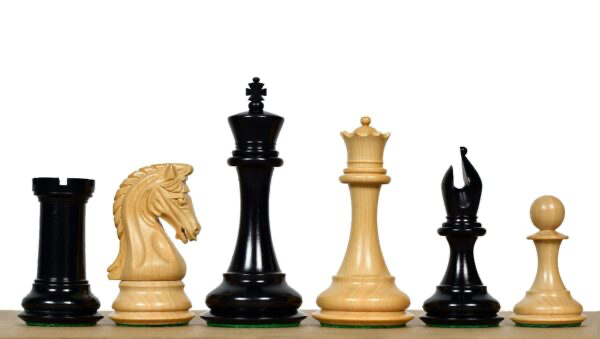
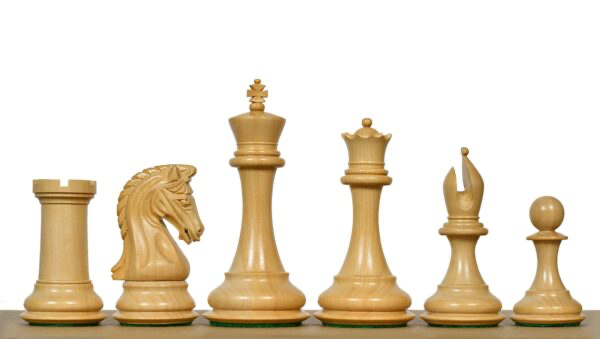
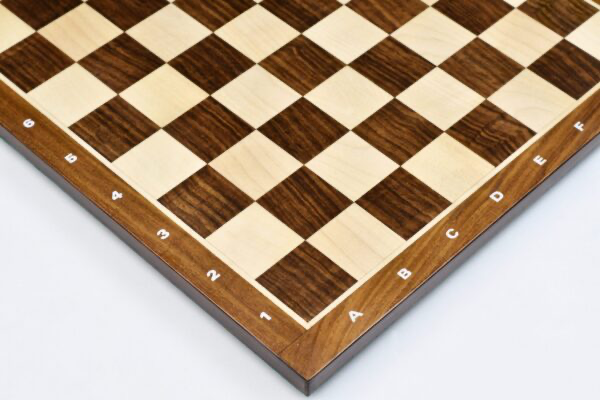
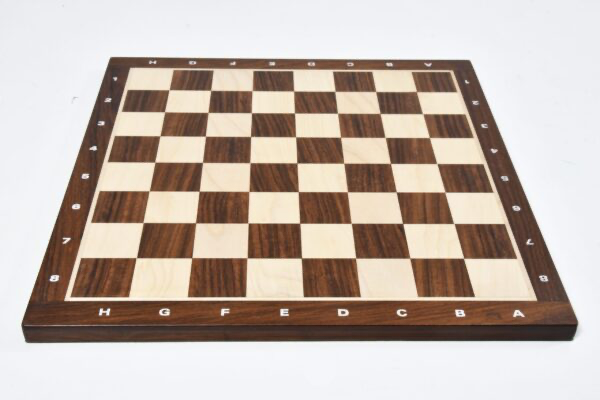
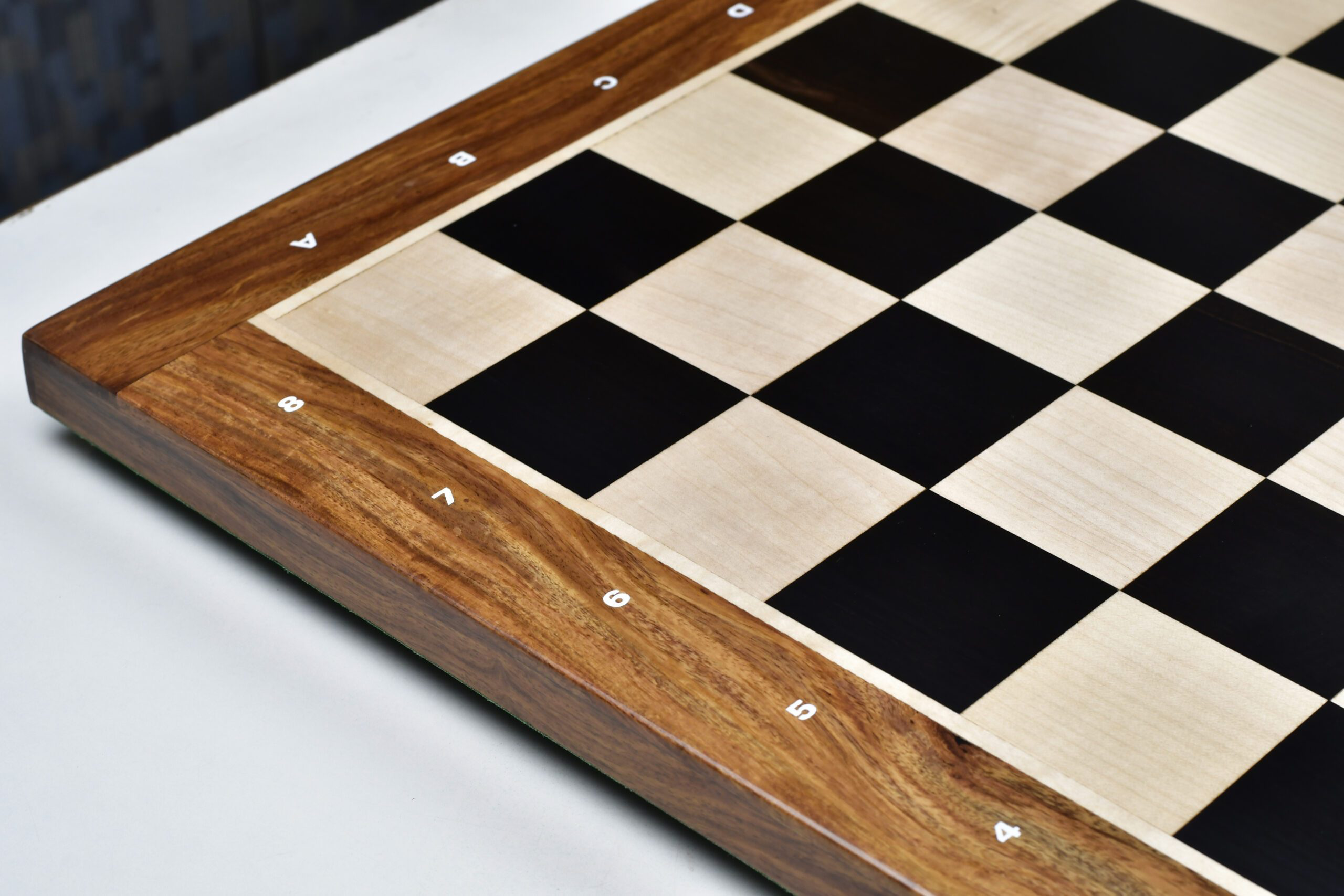
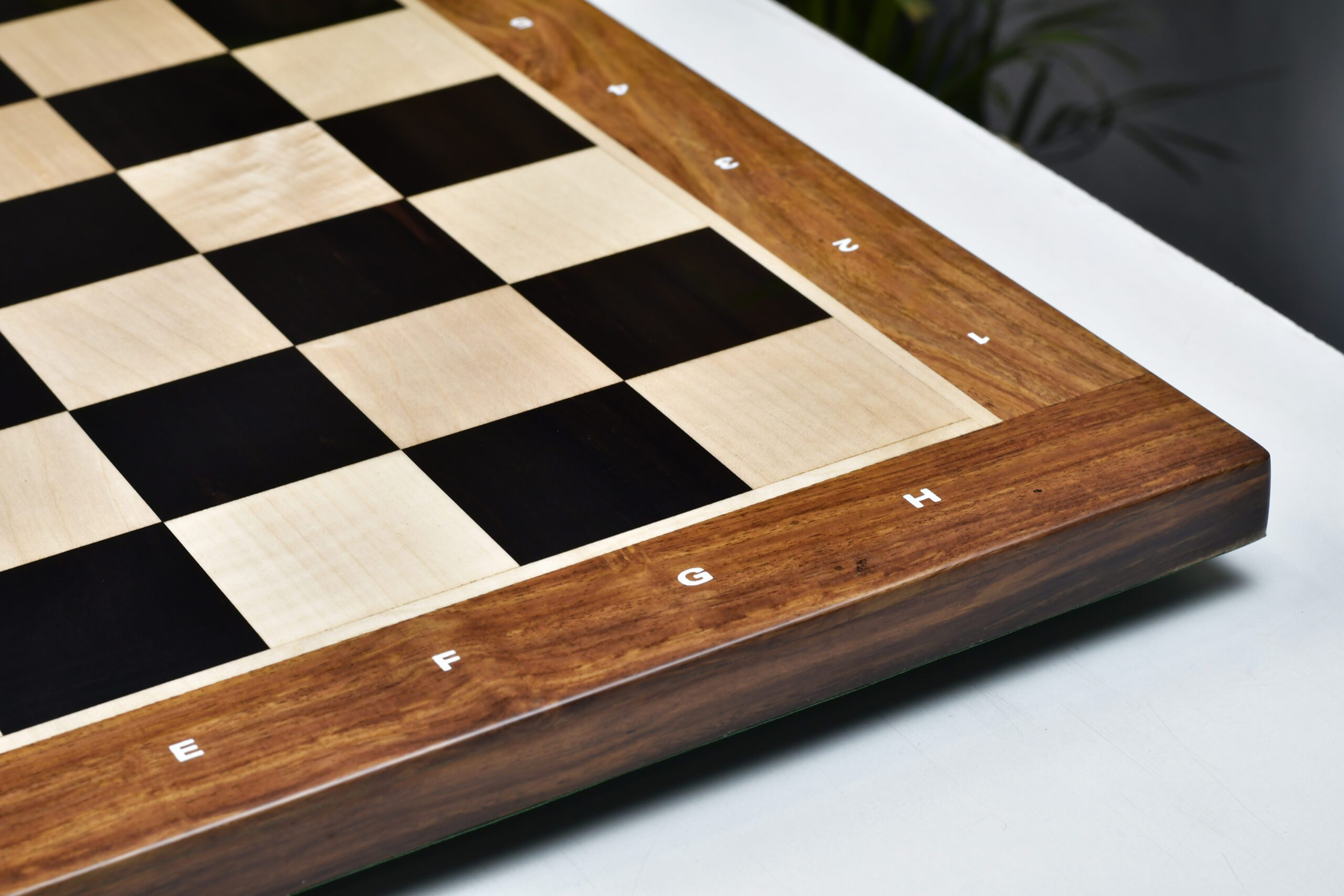
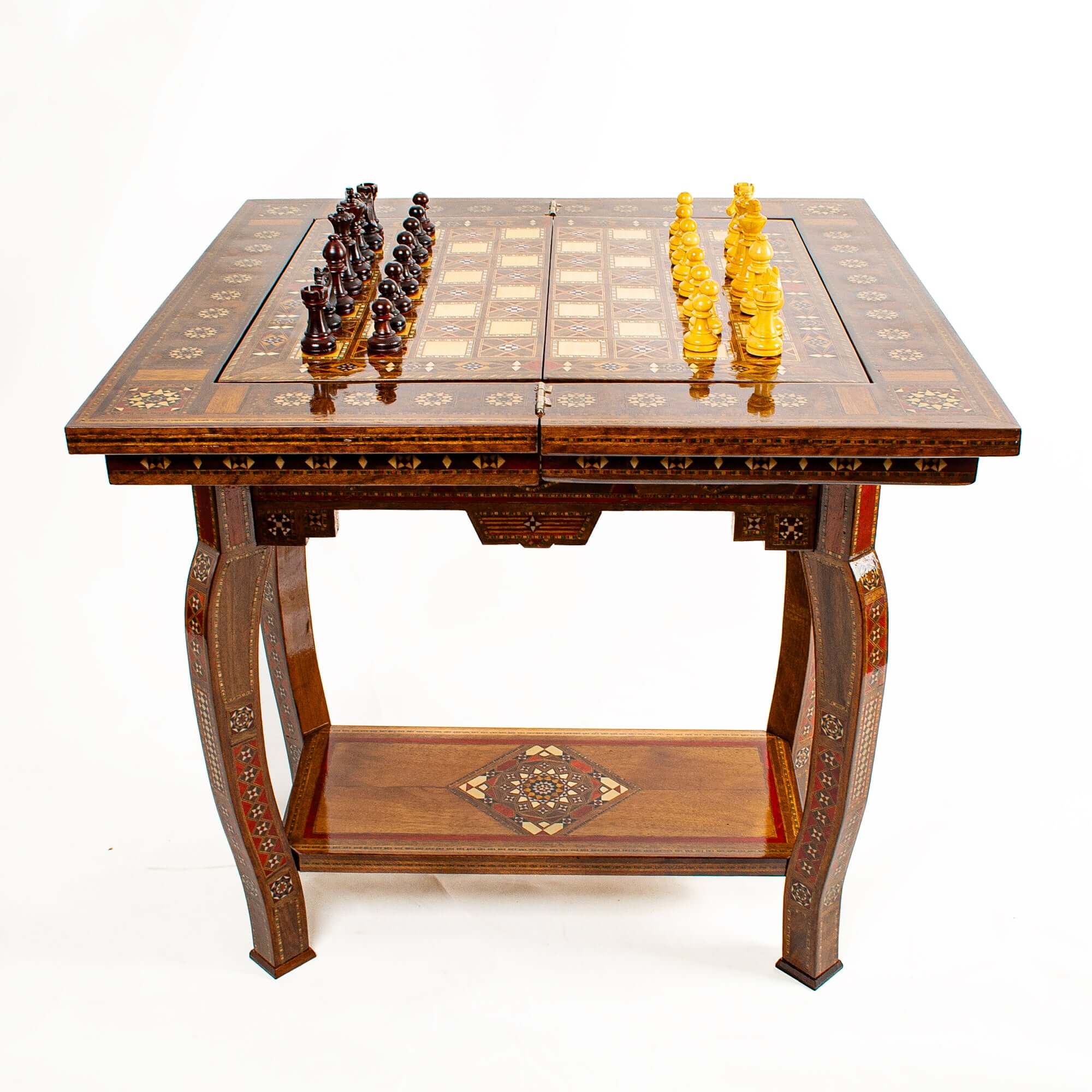

Leave a comment
All comments are moderated before being published.
This site is protected by hCaptcha and the hCaptcha Privacy Policy and Terms of Service apply.